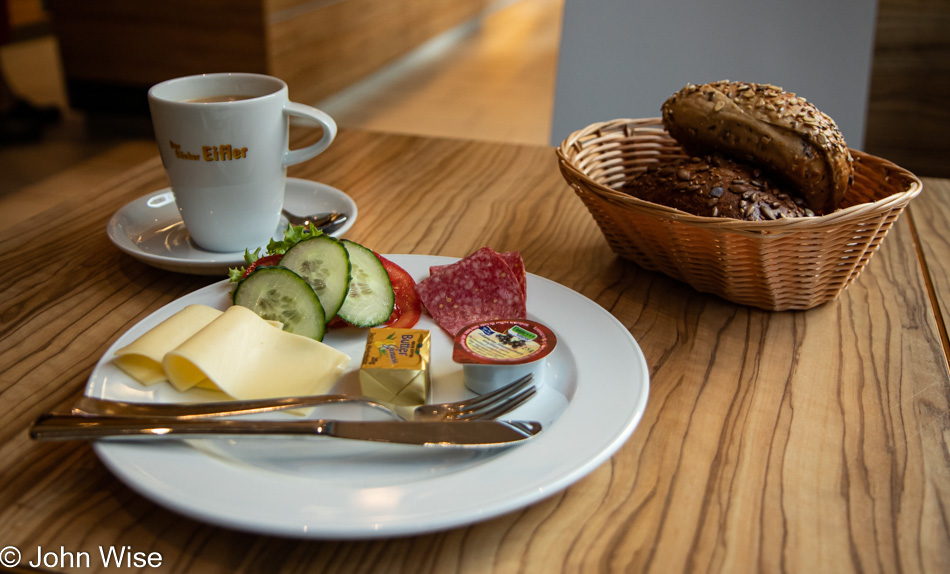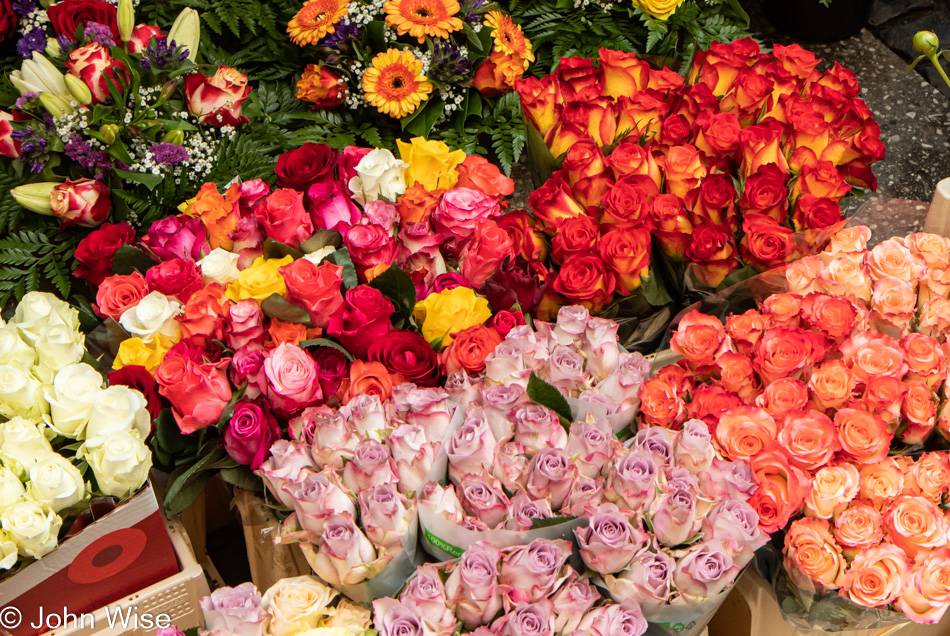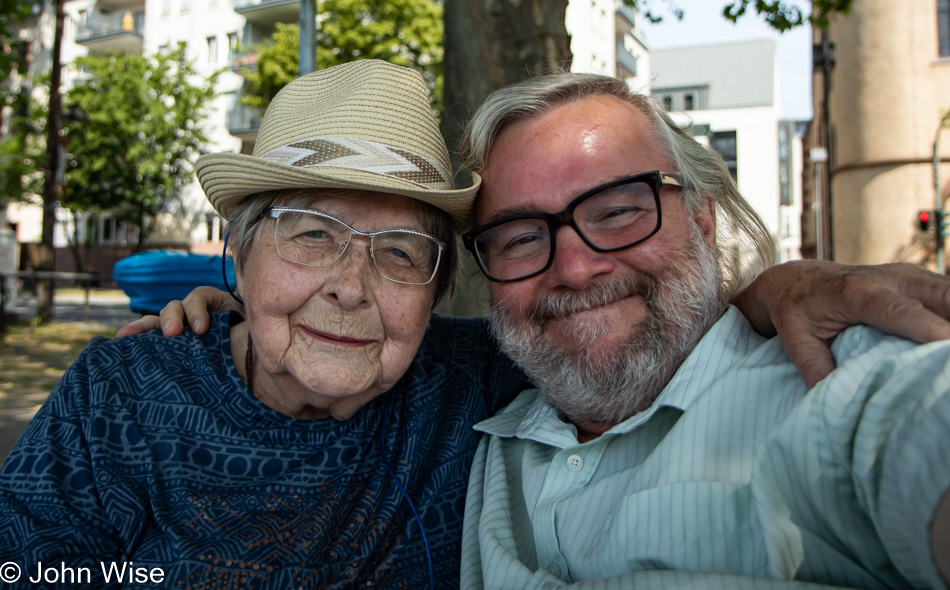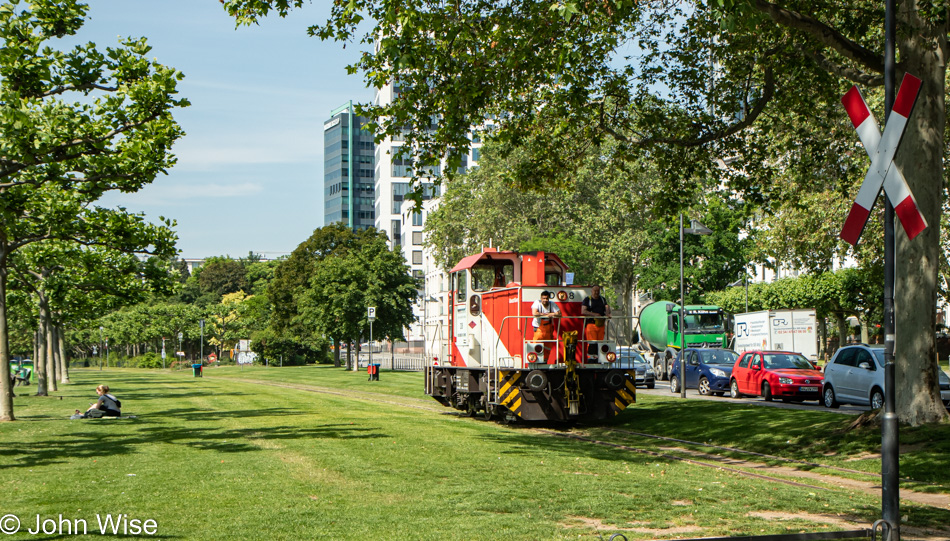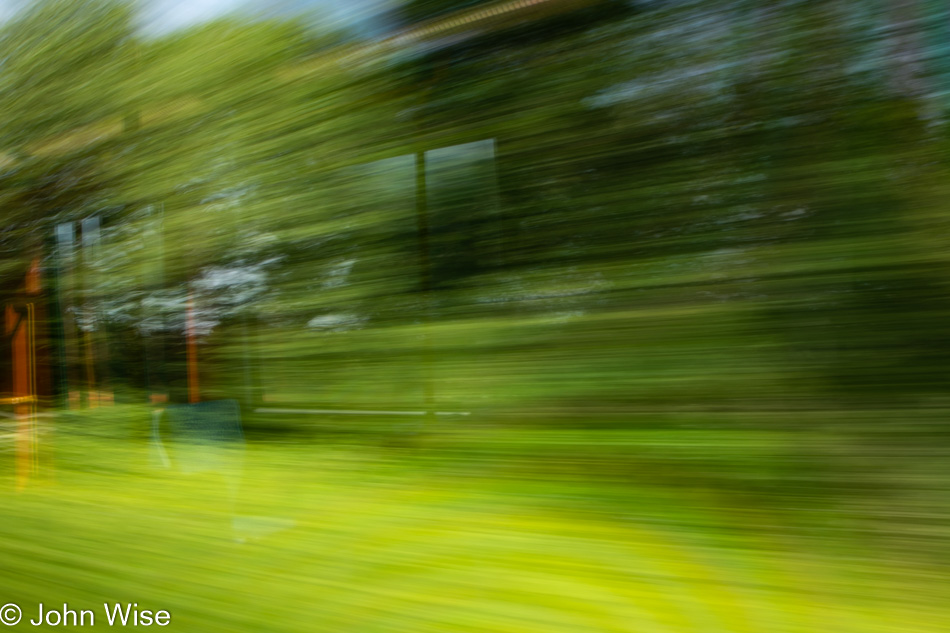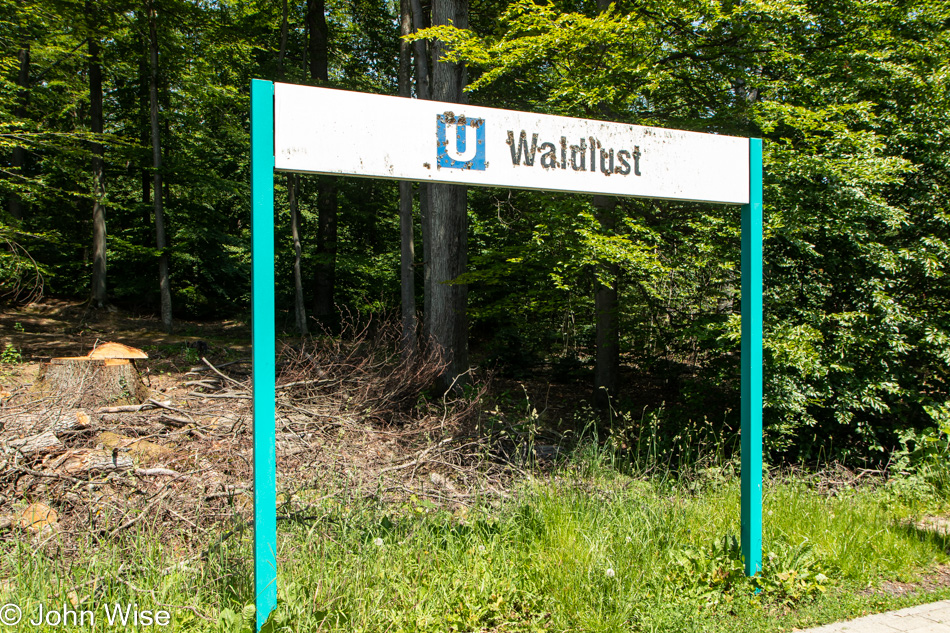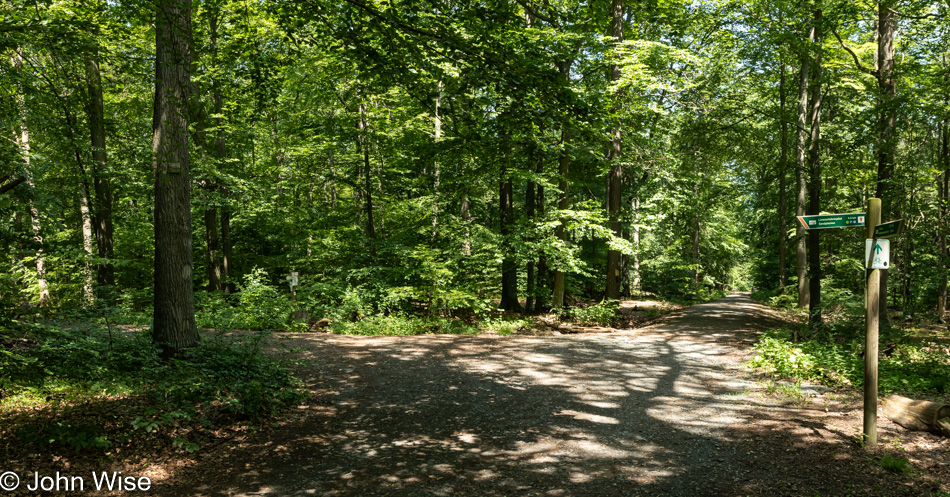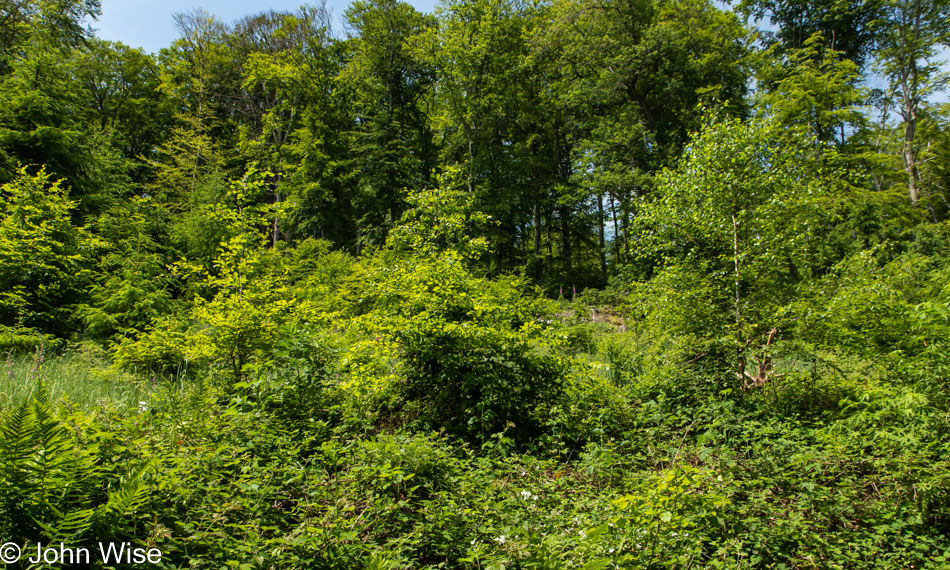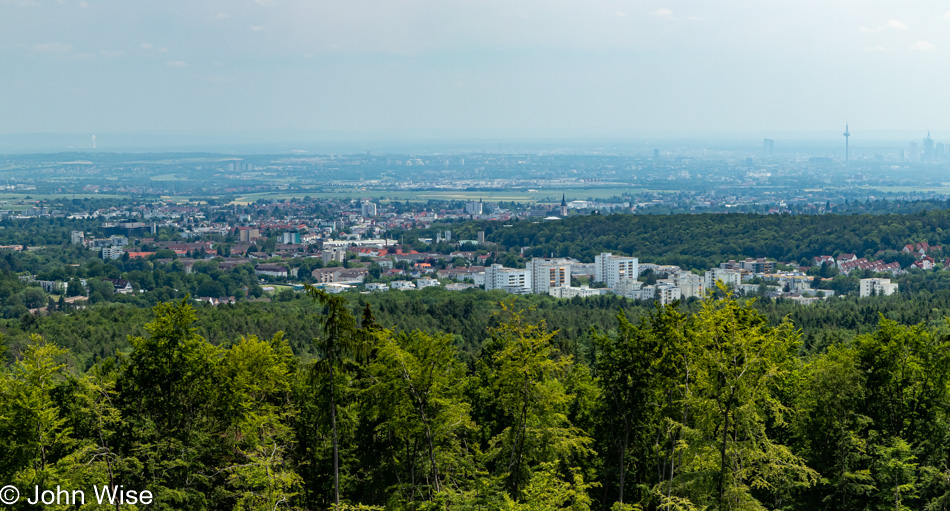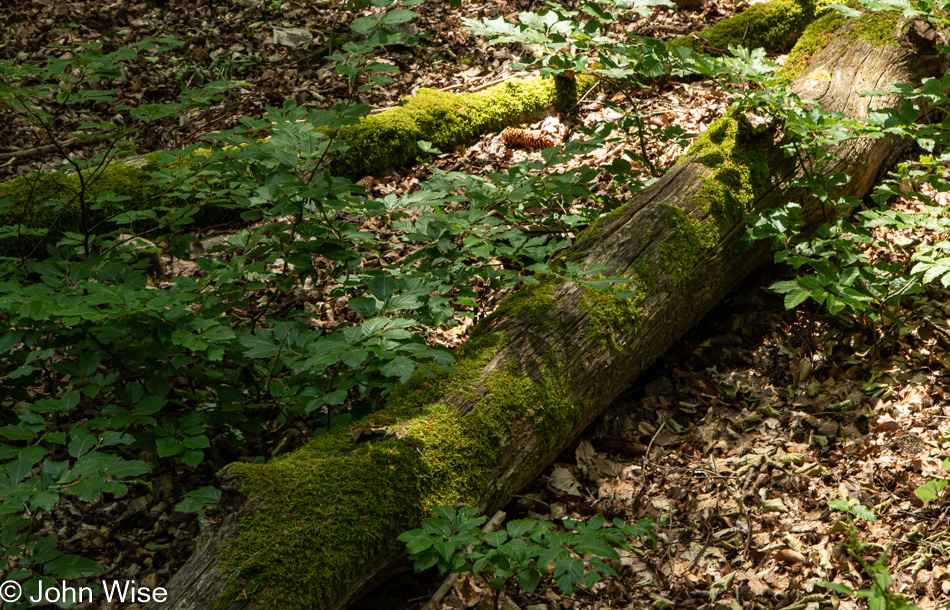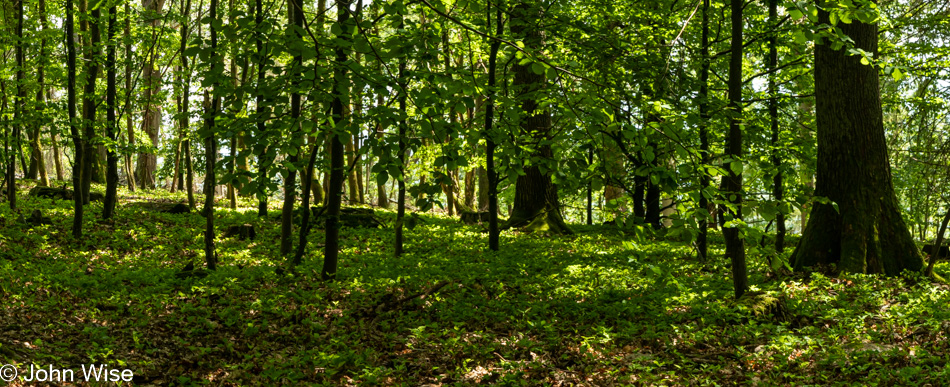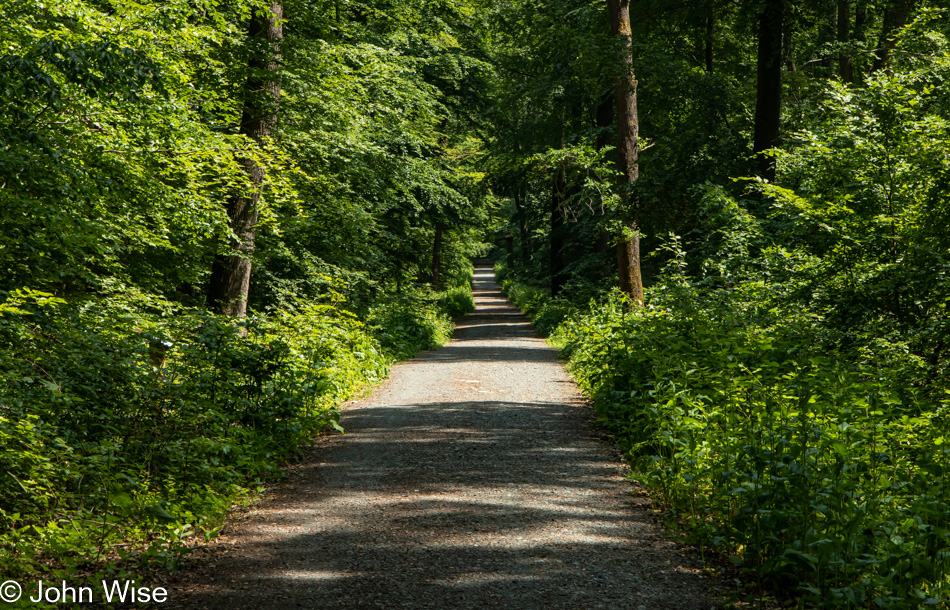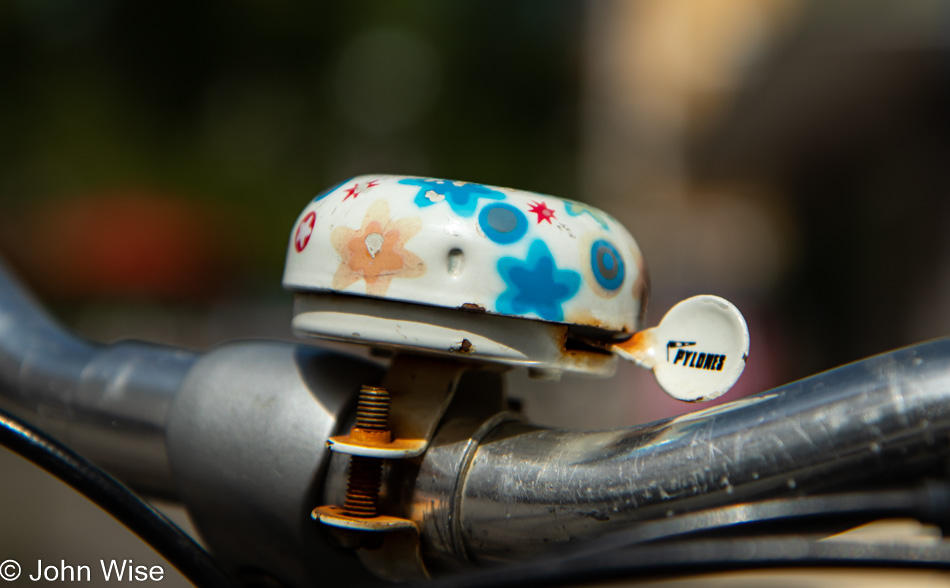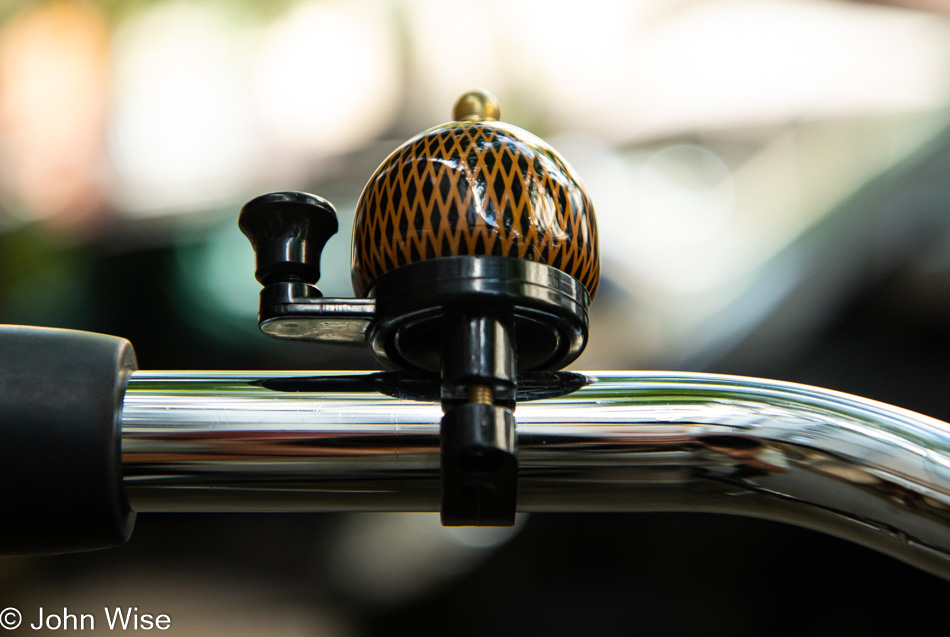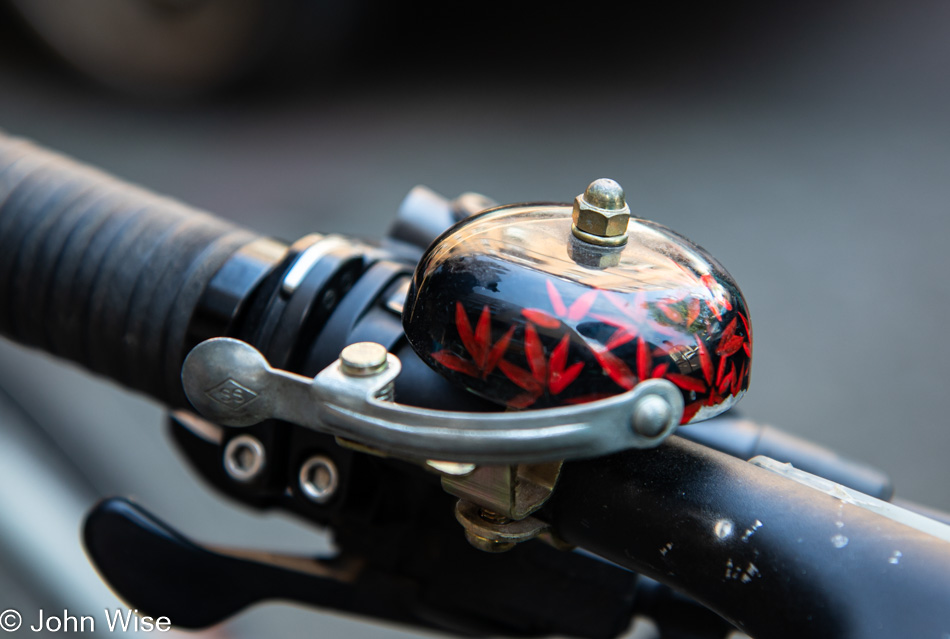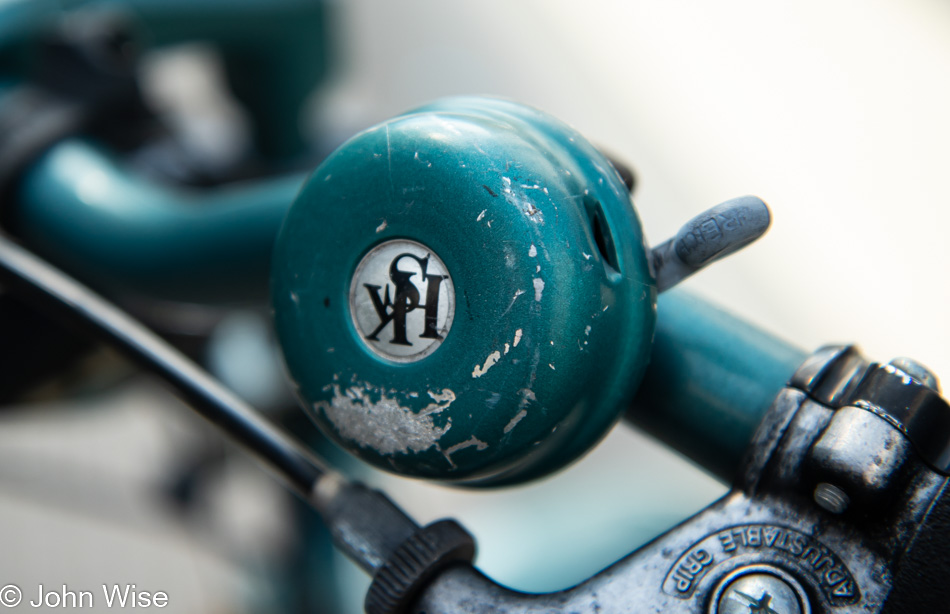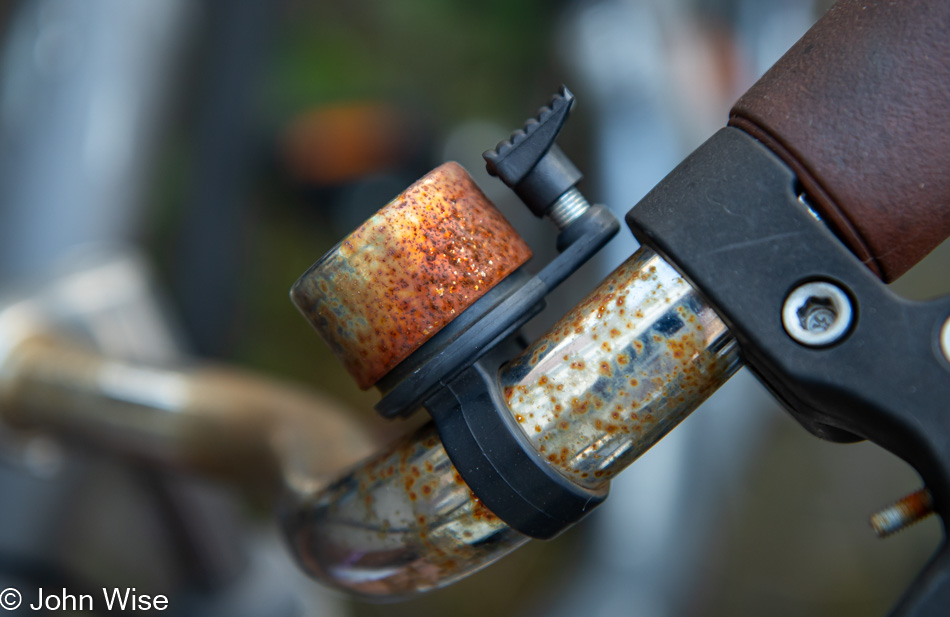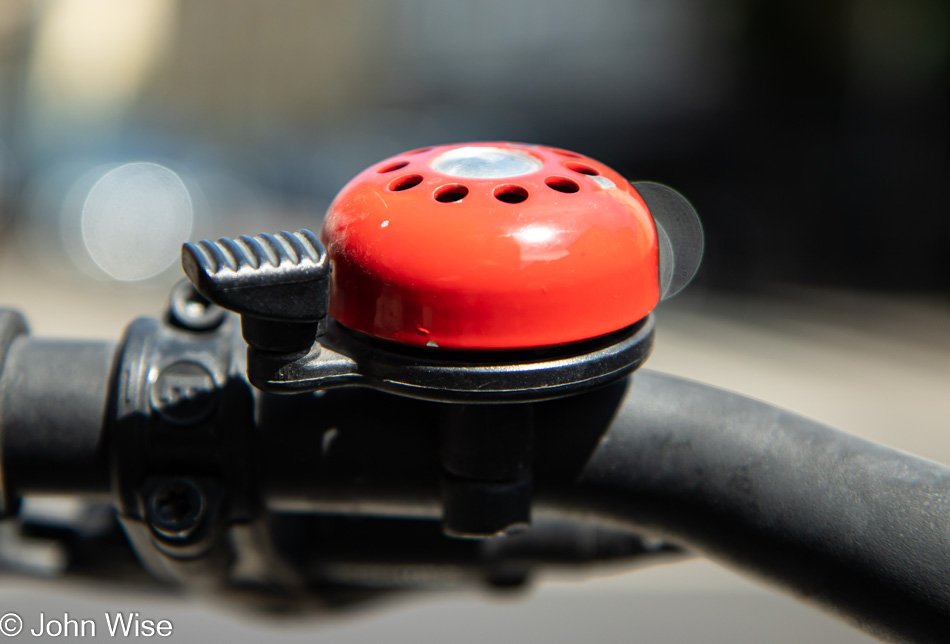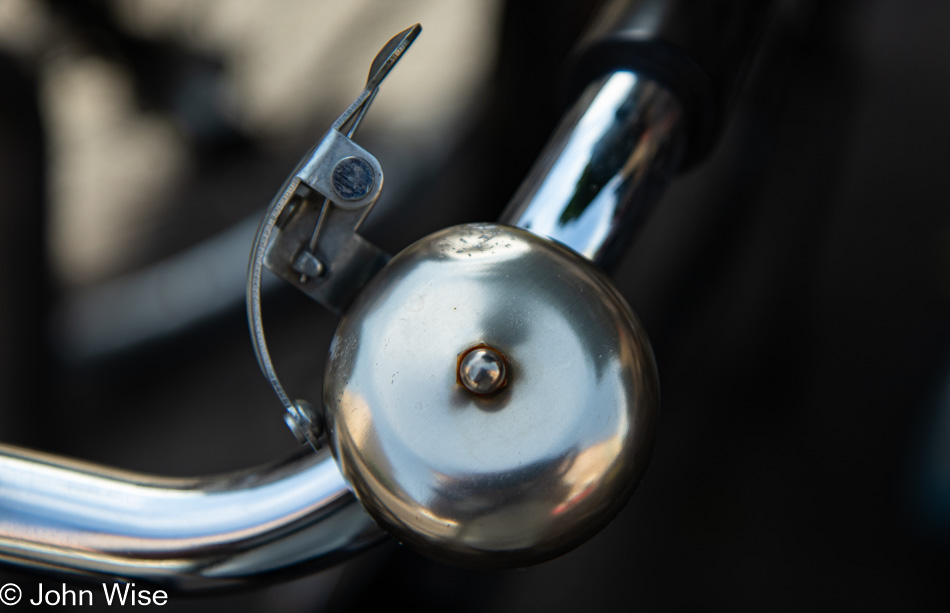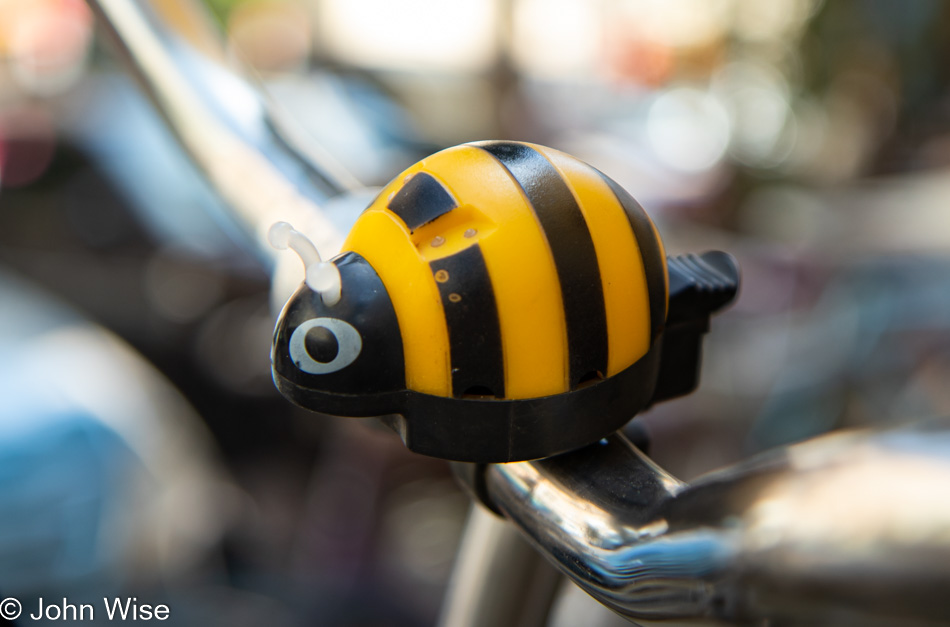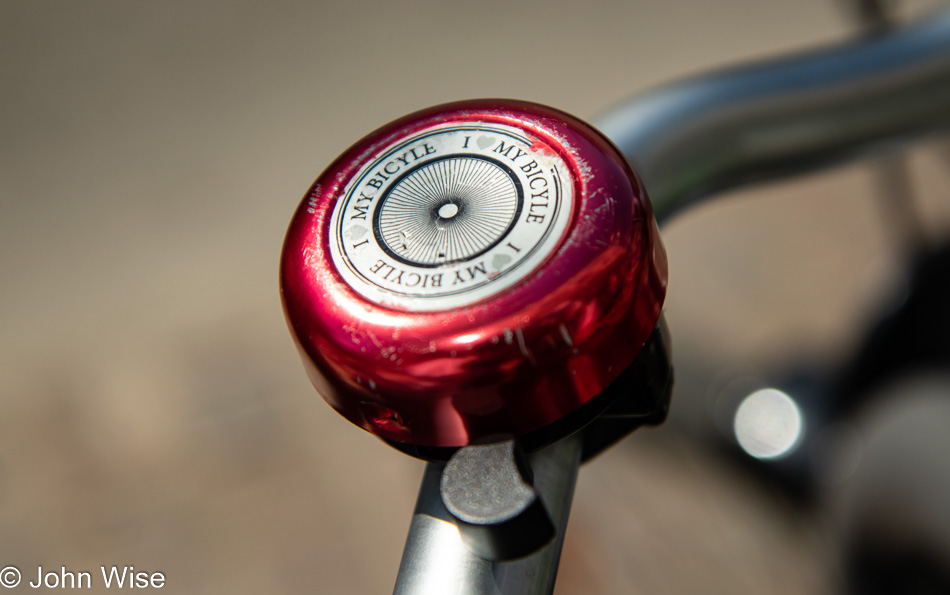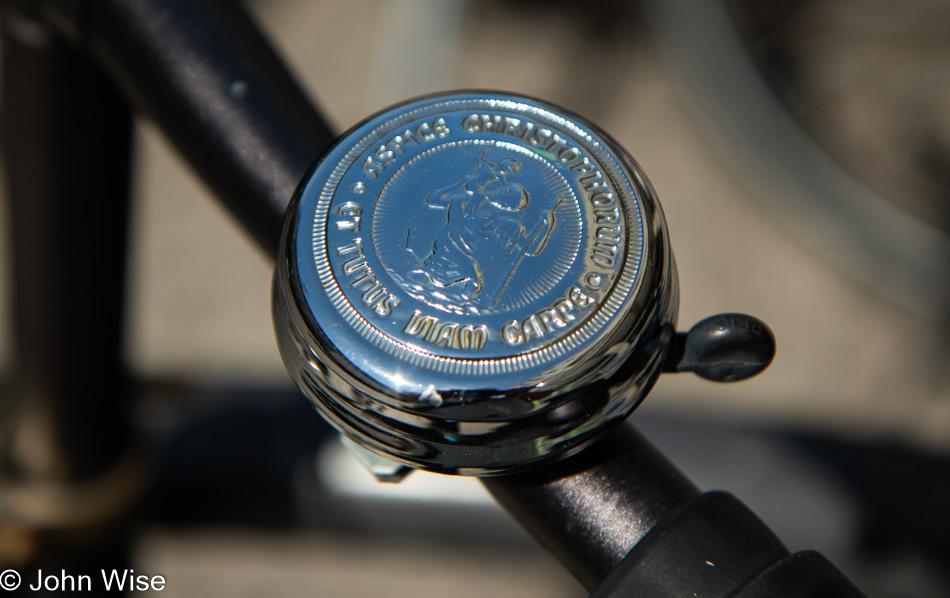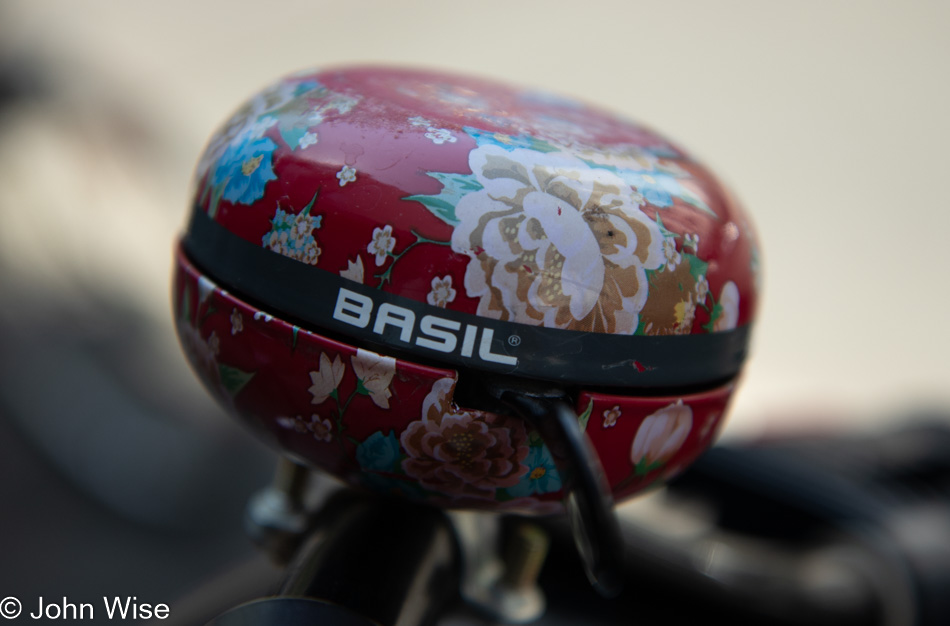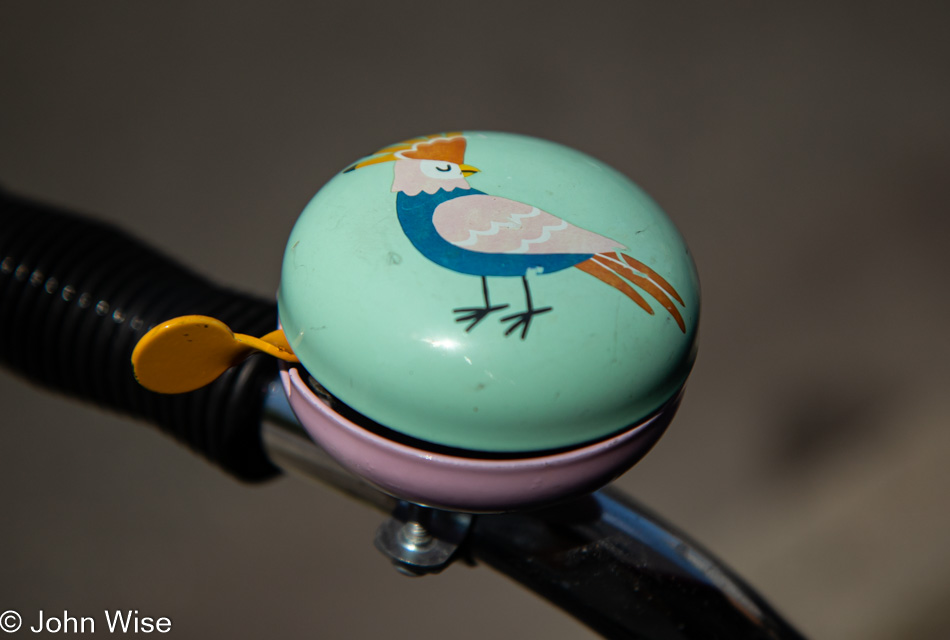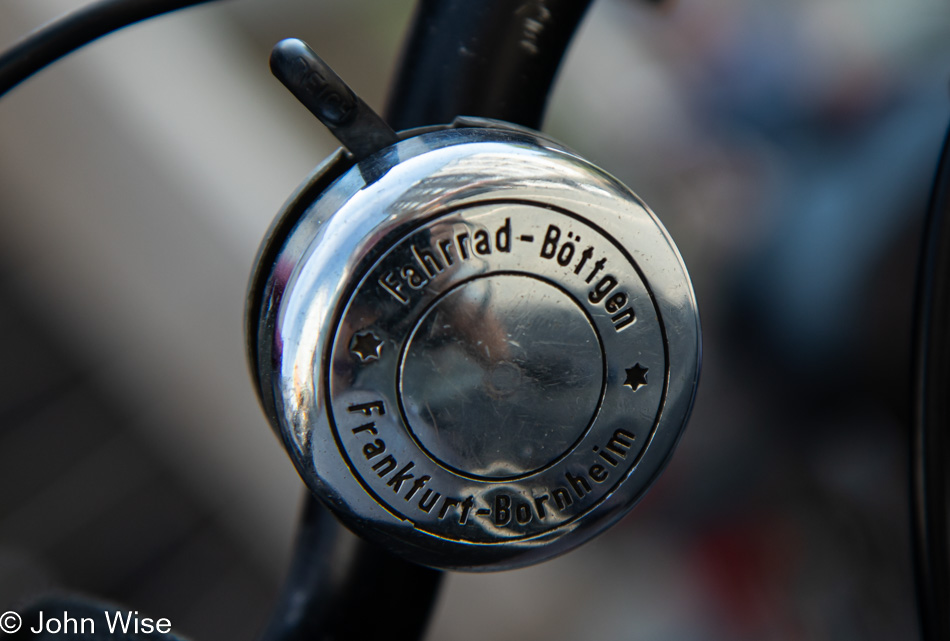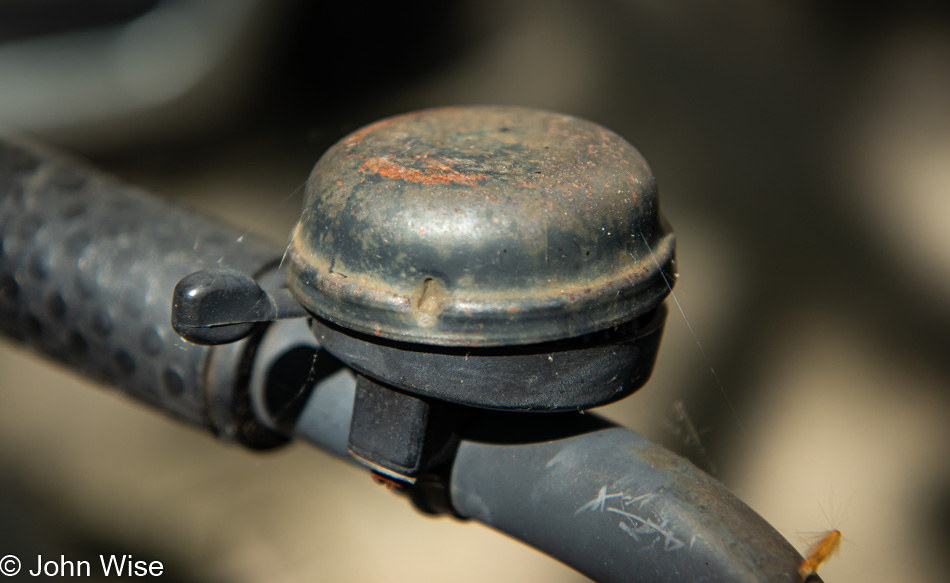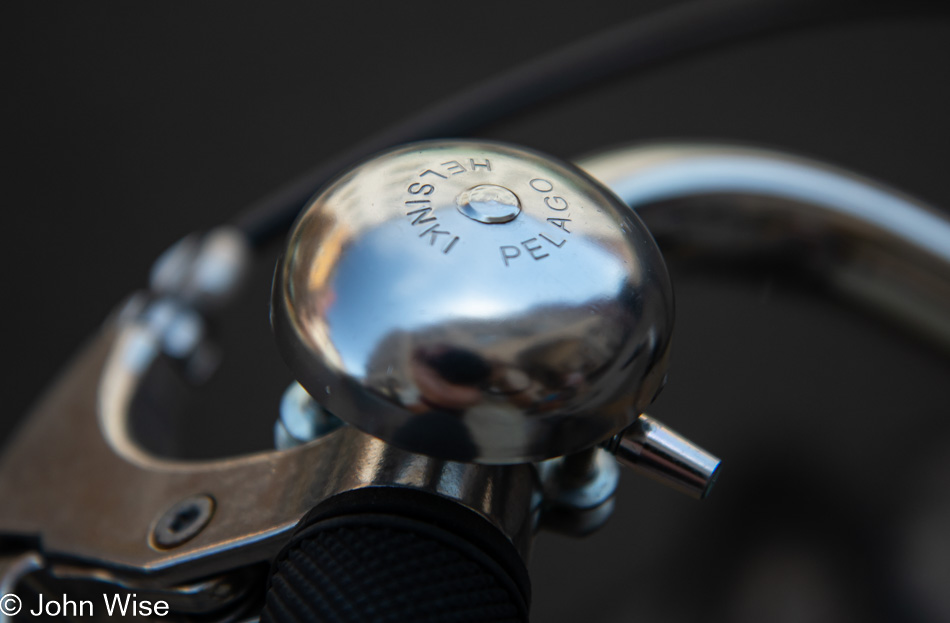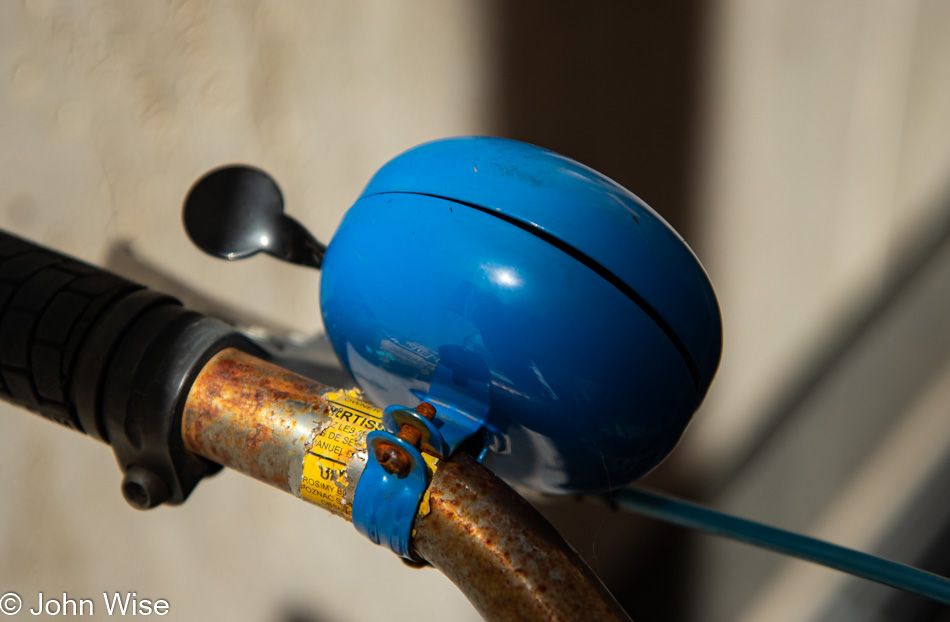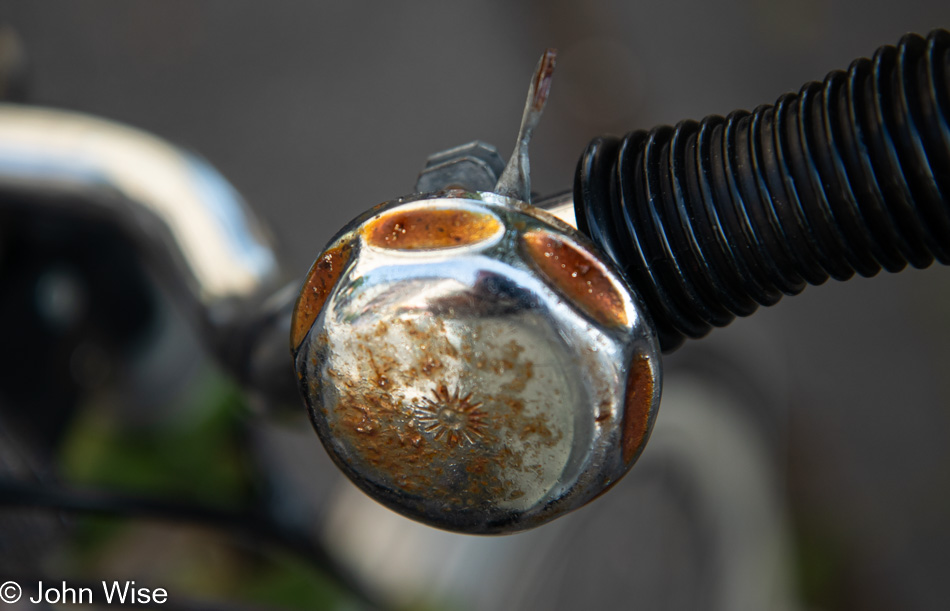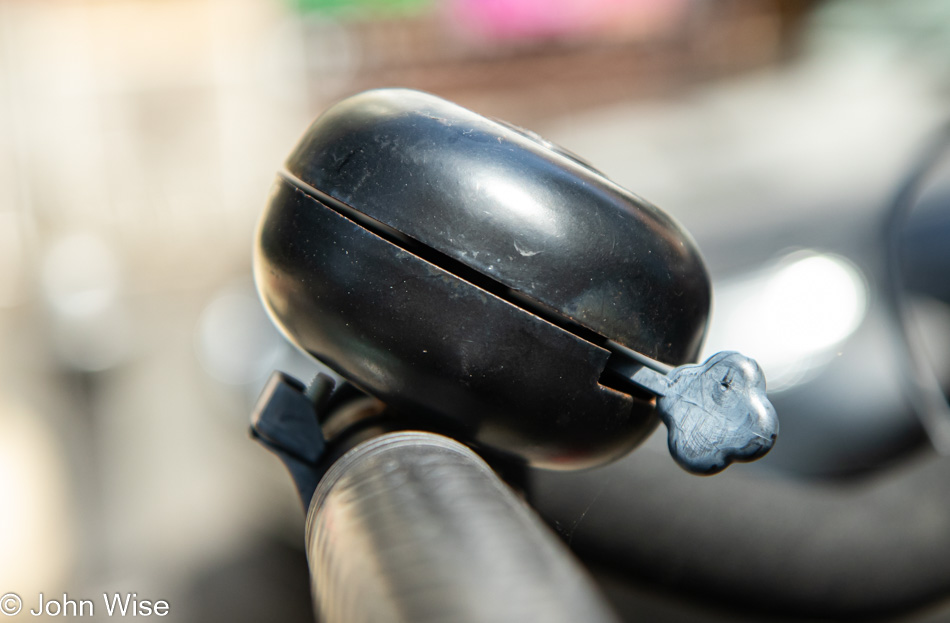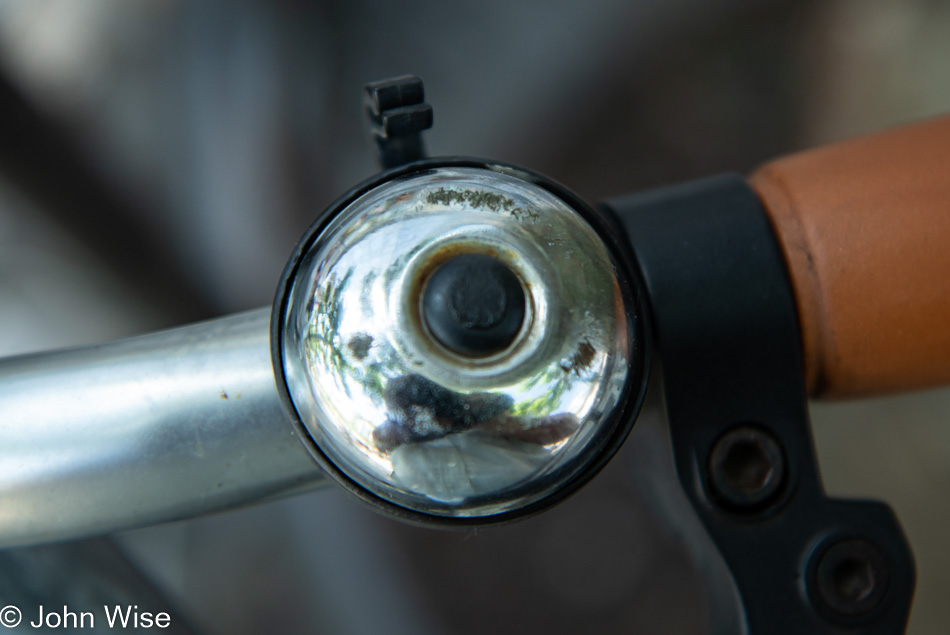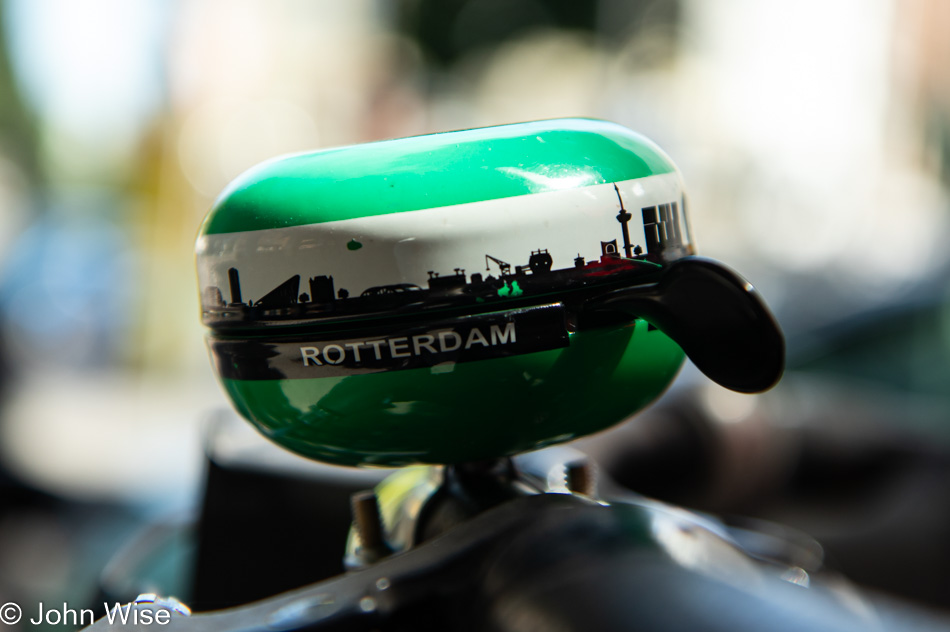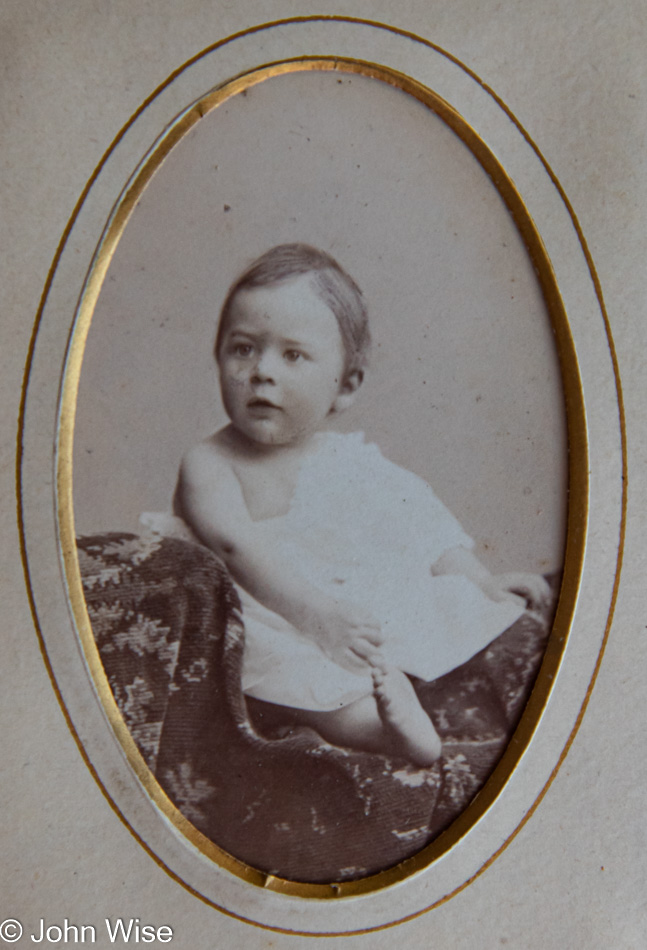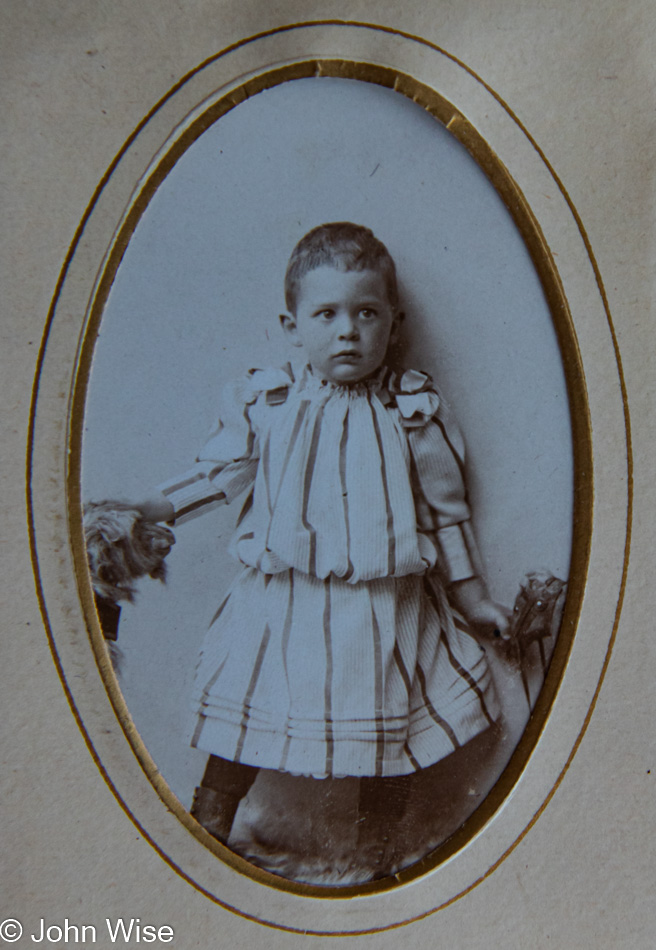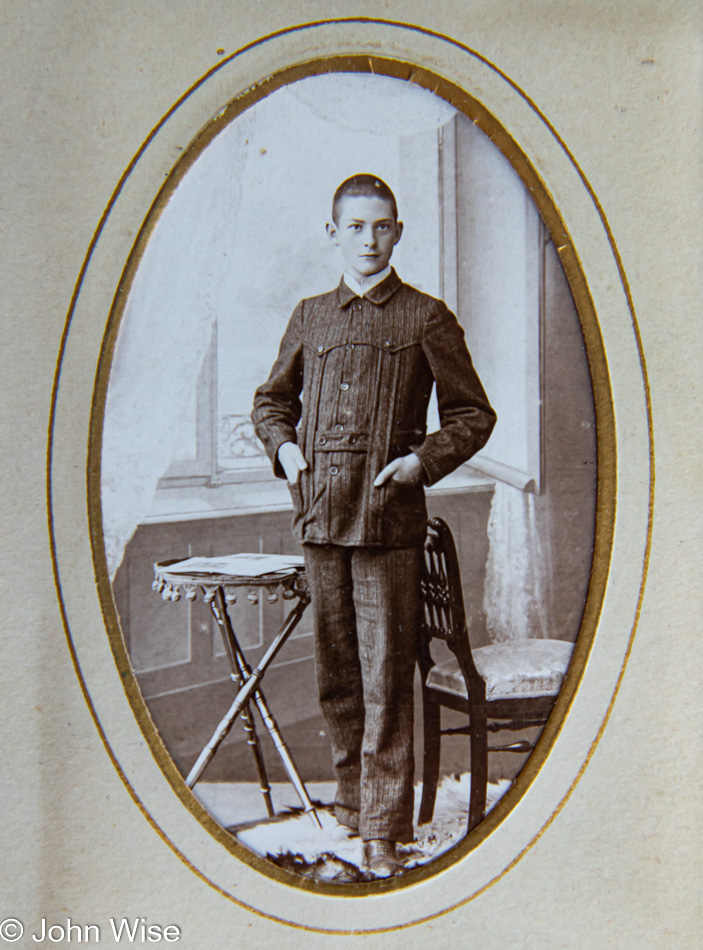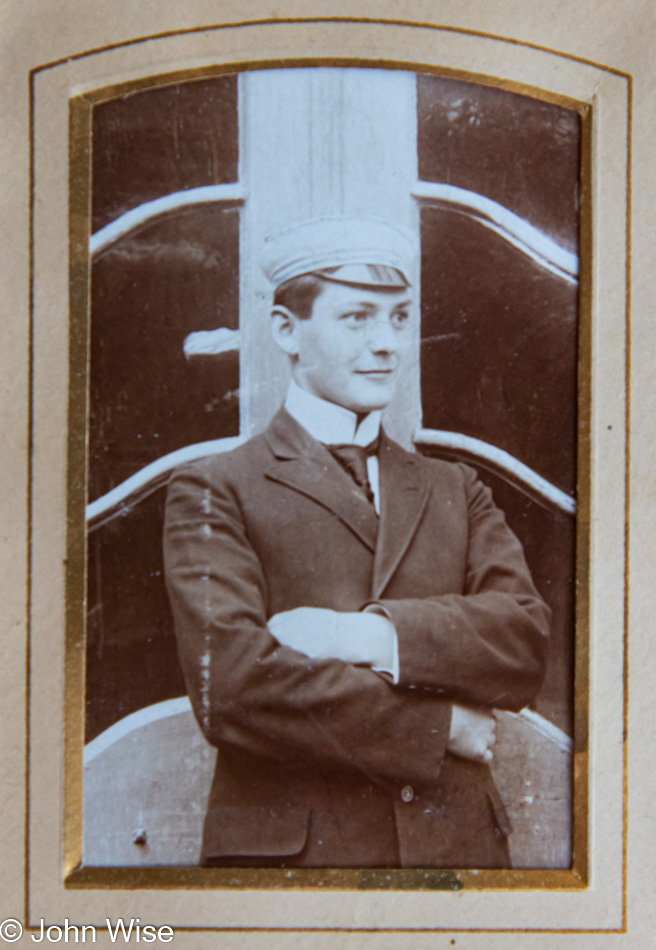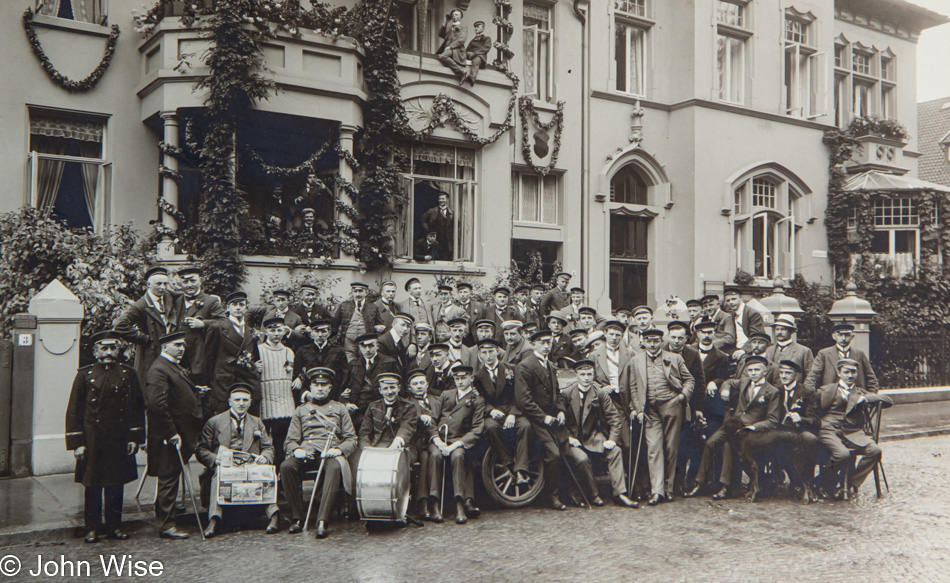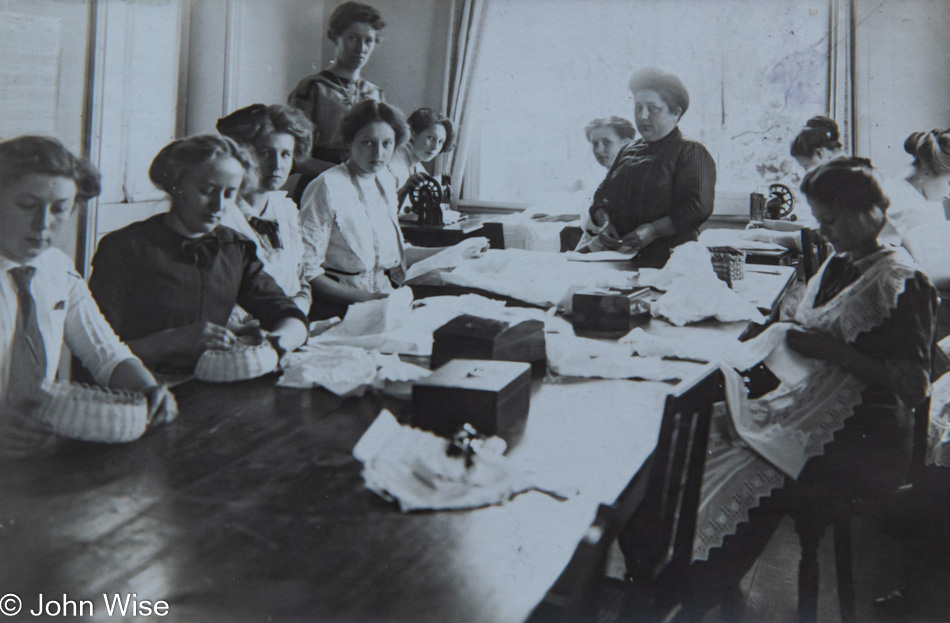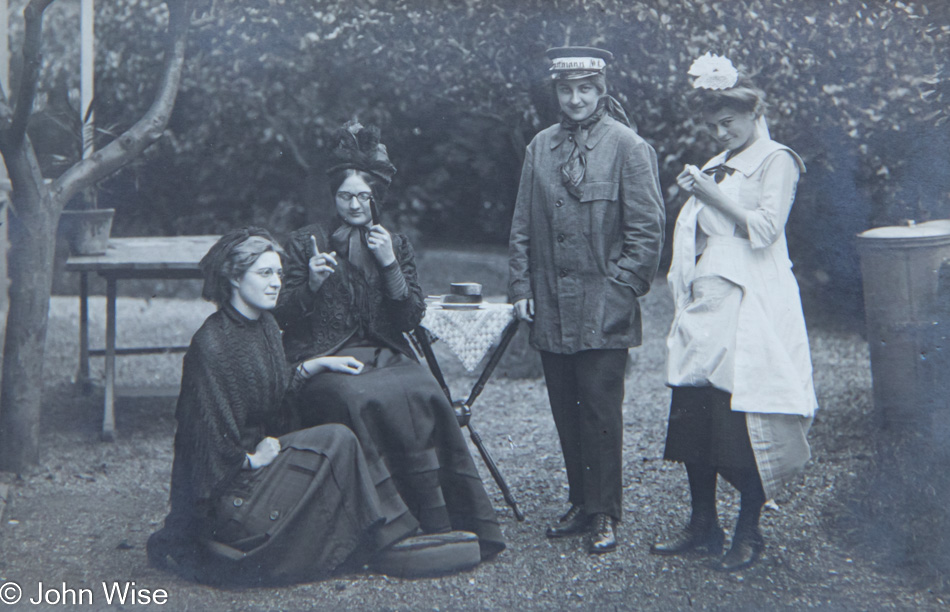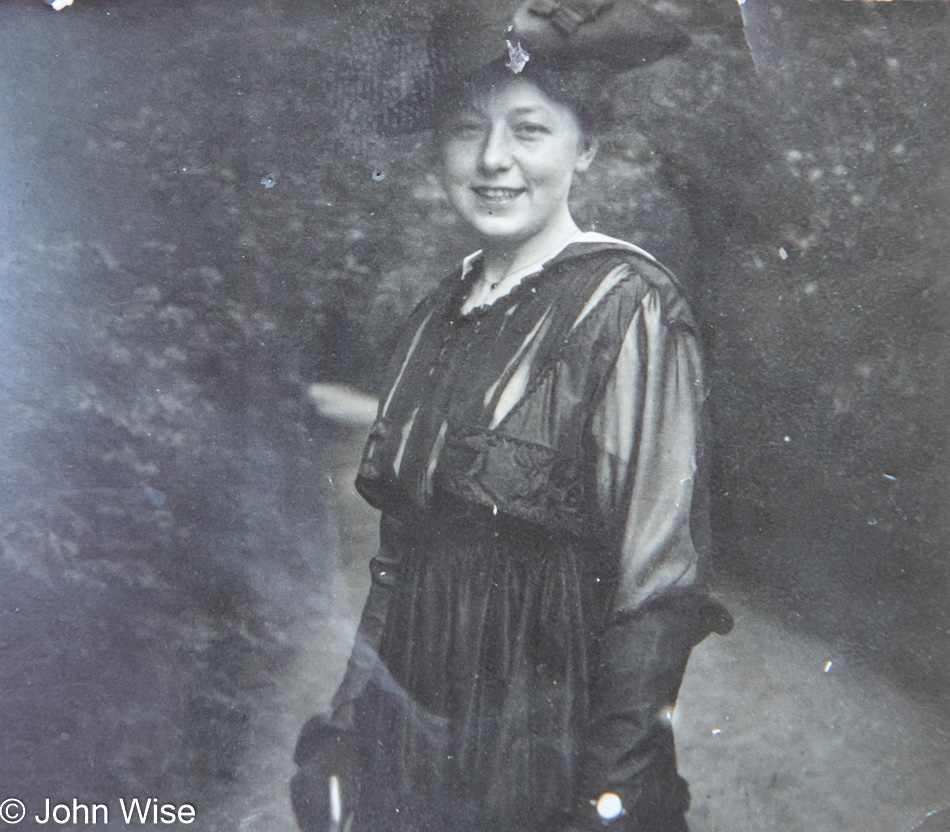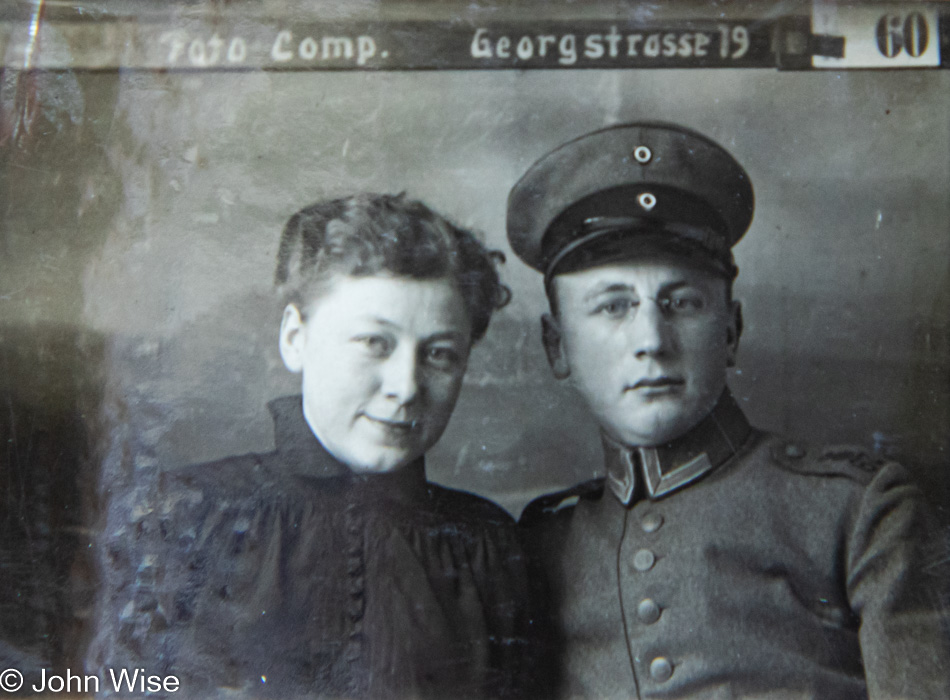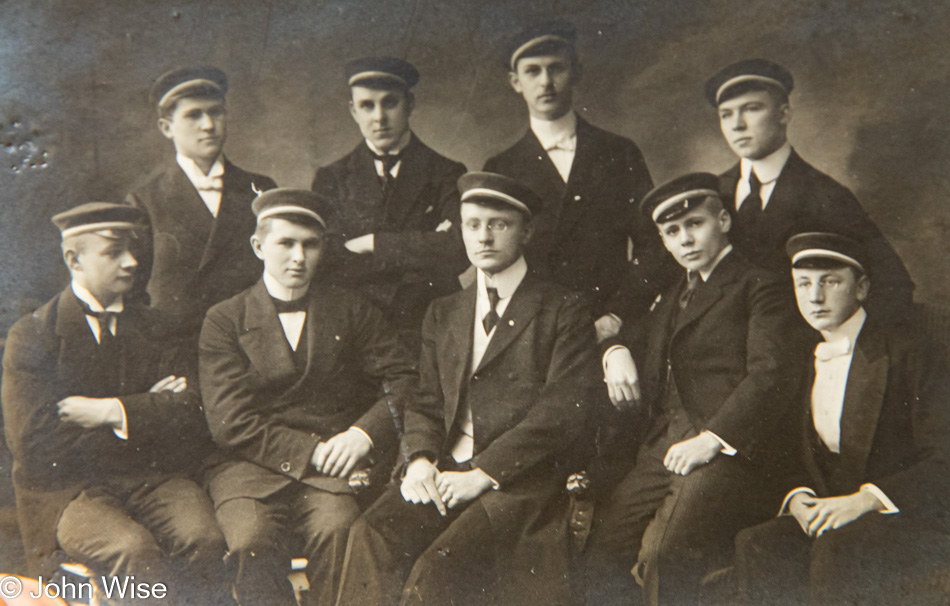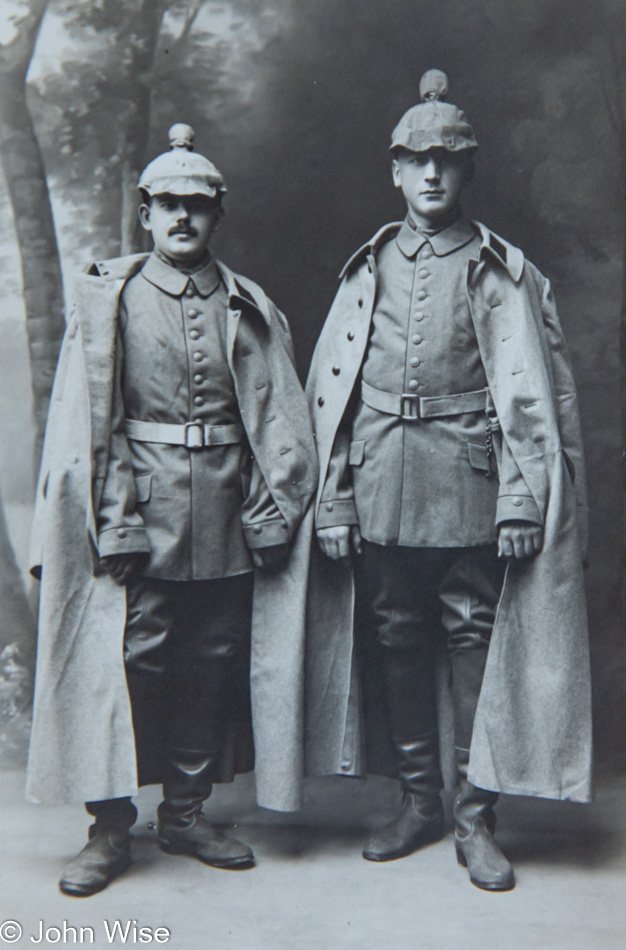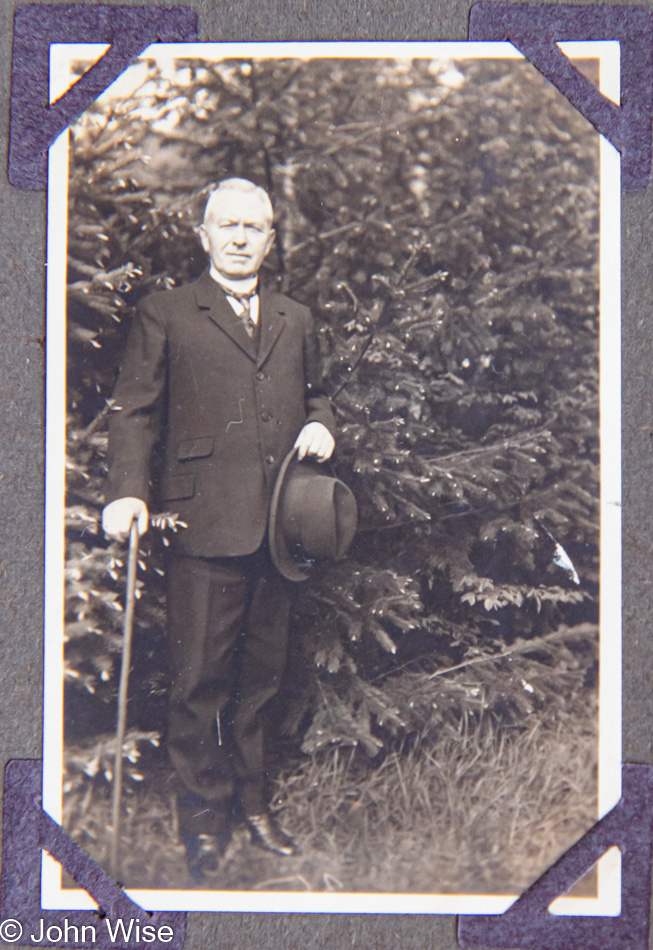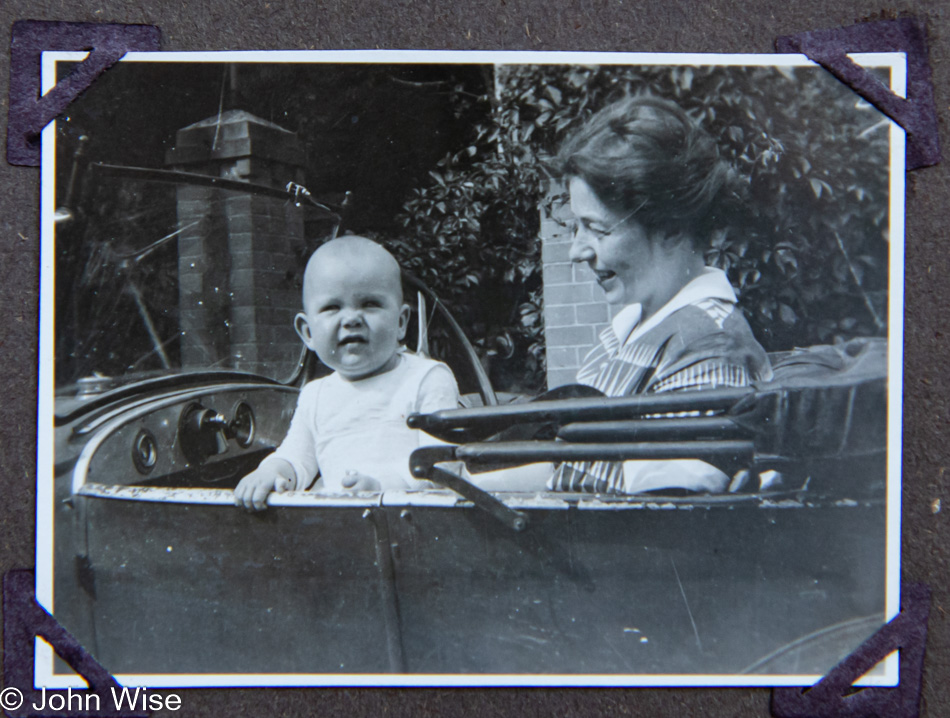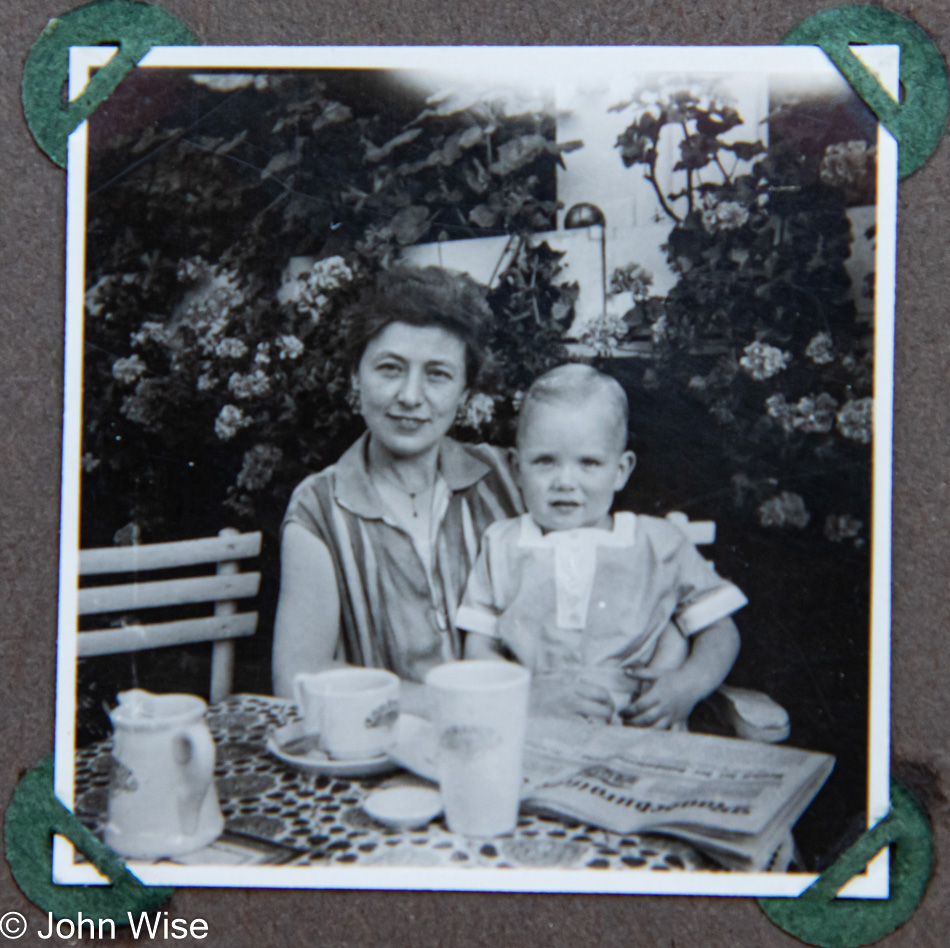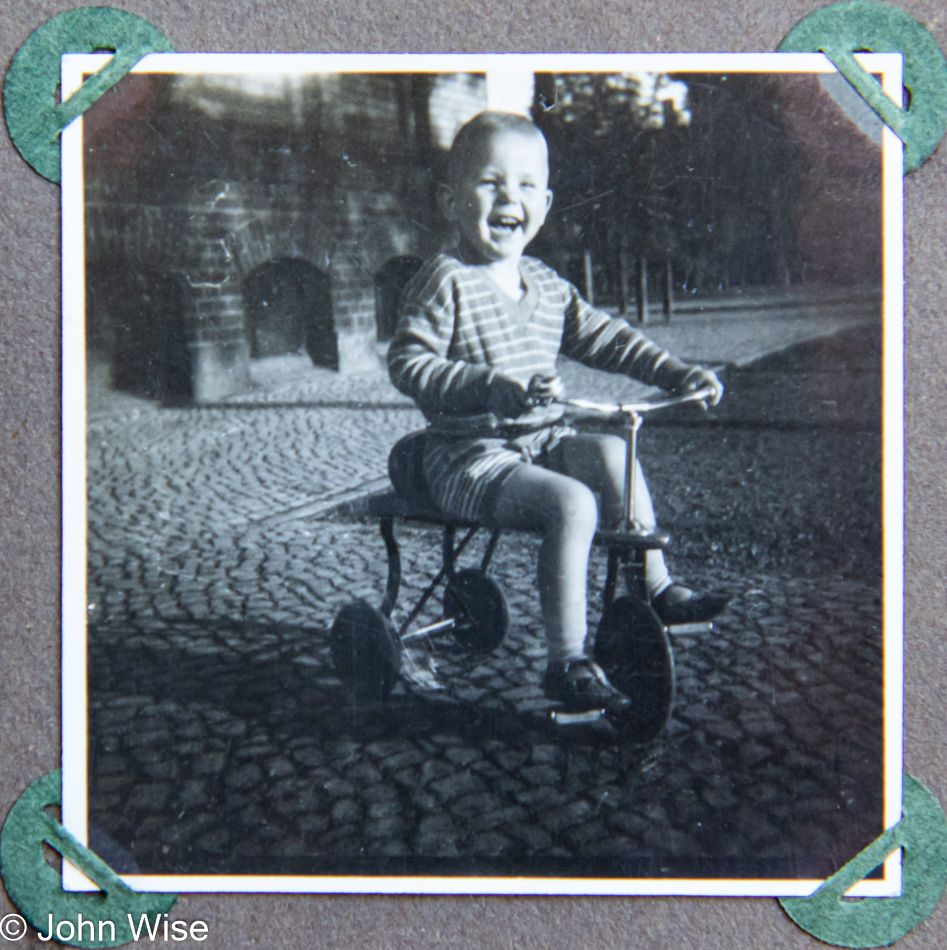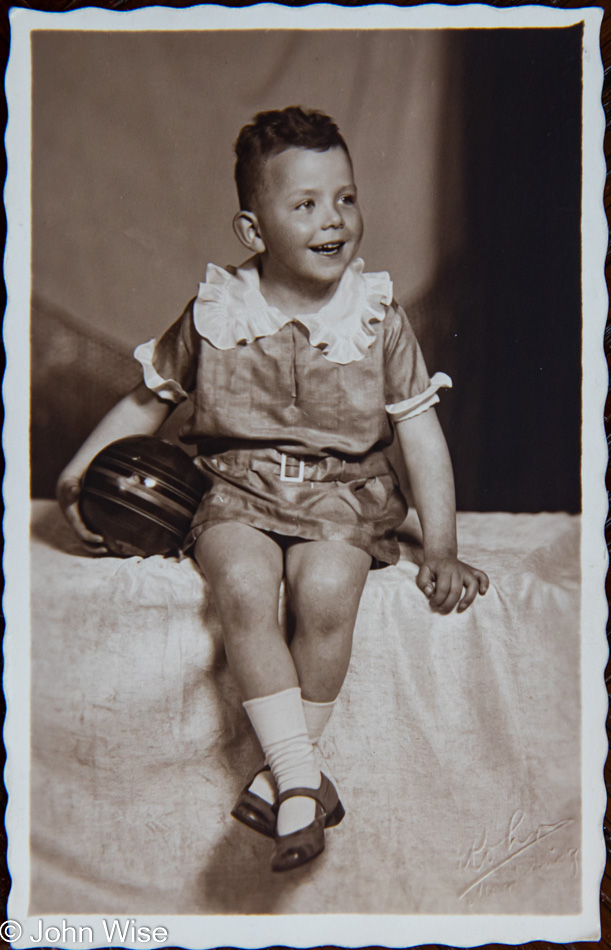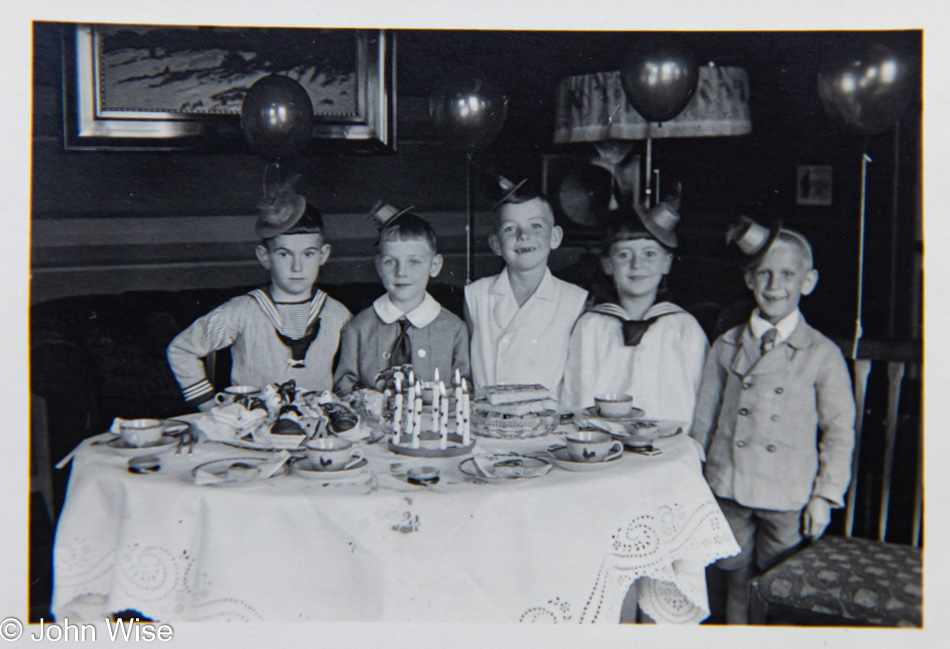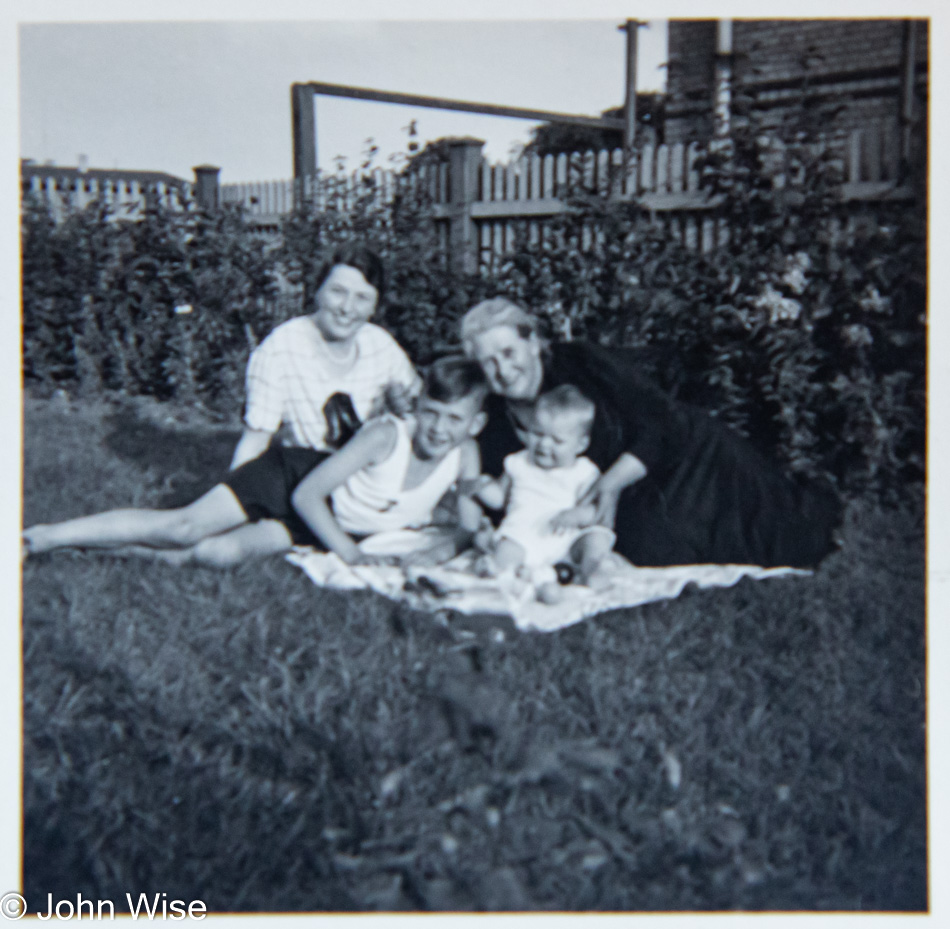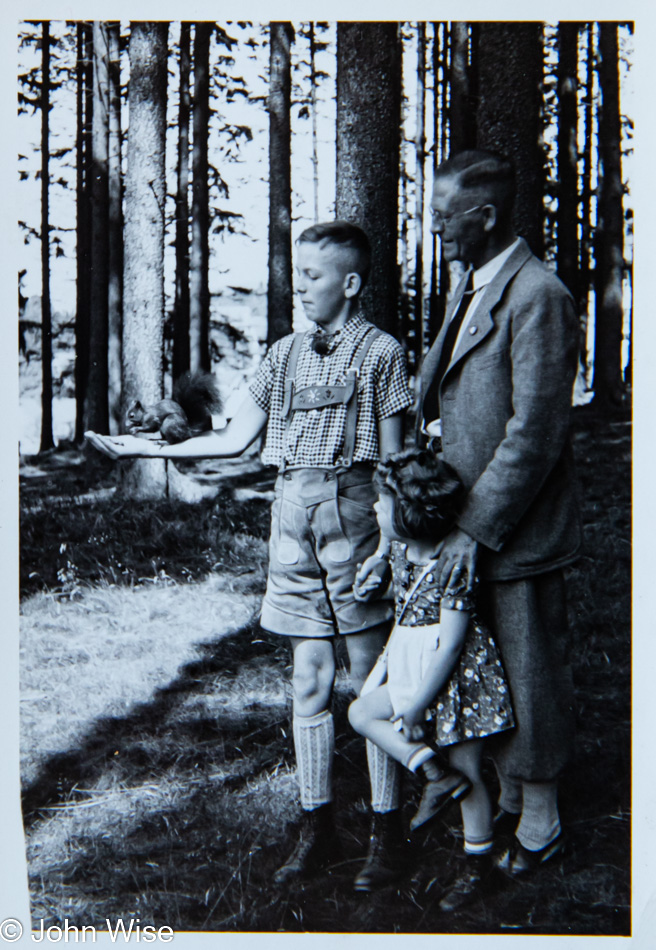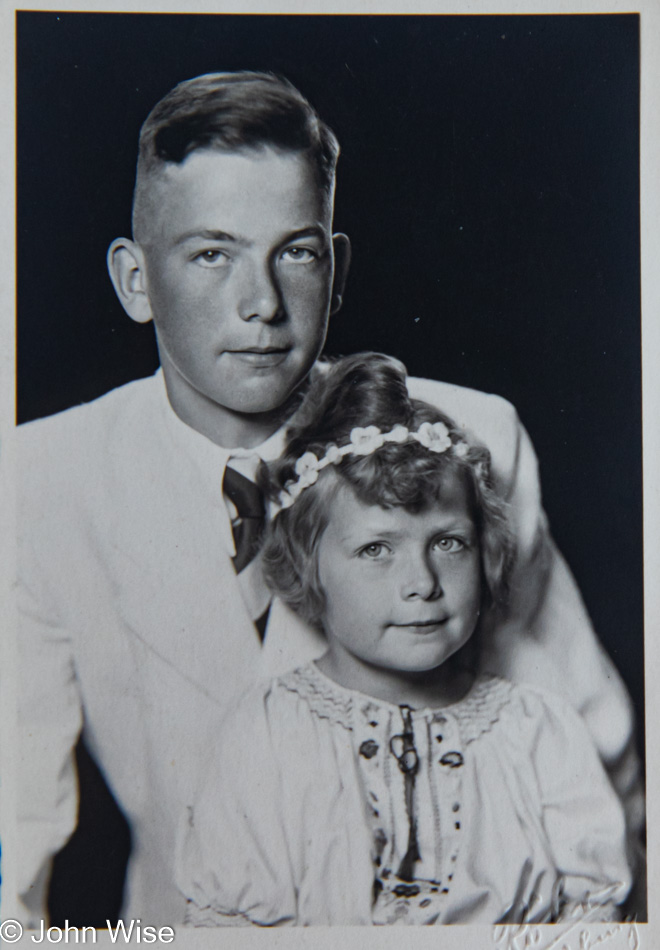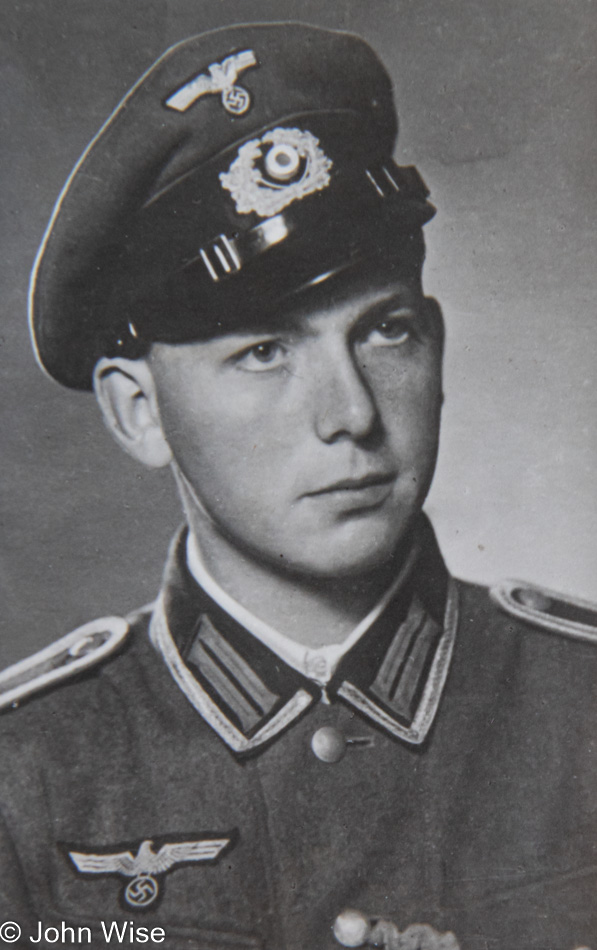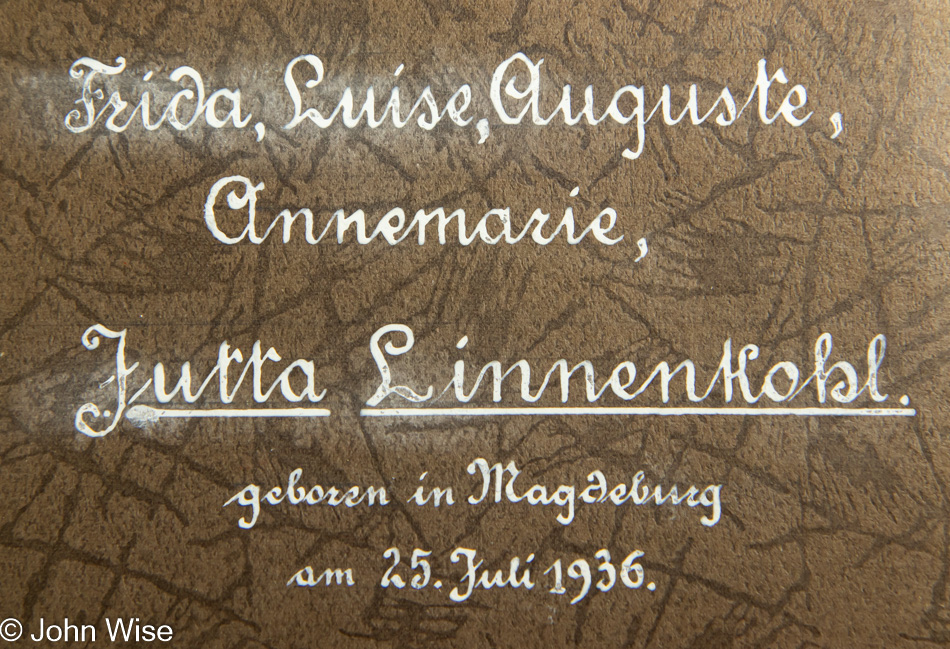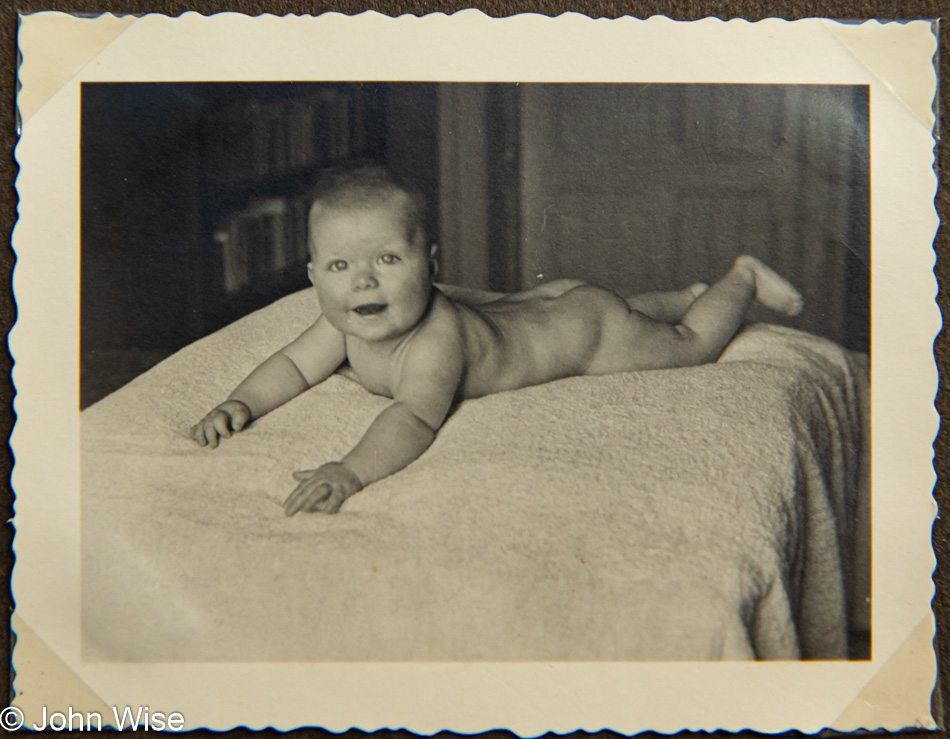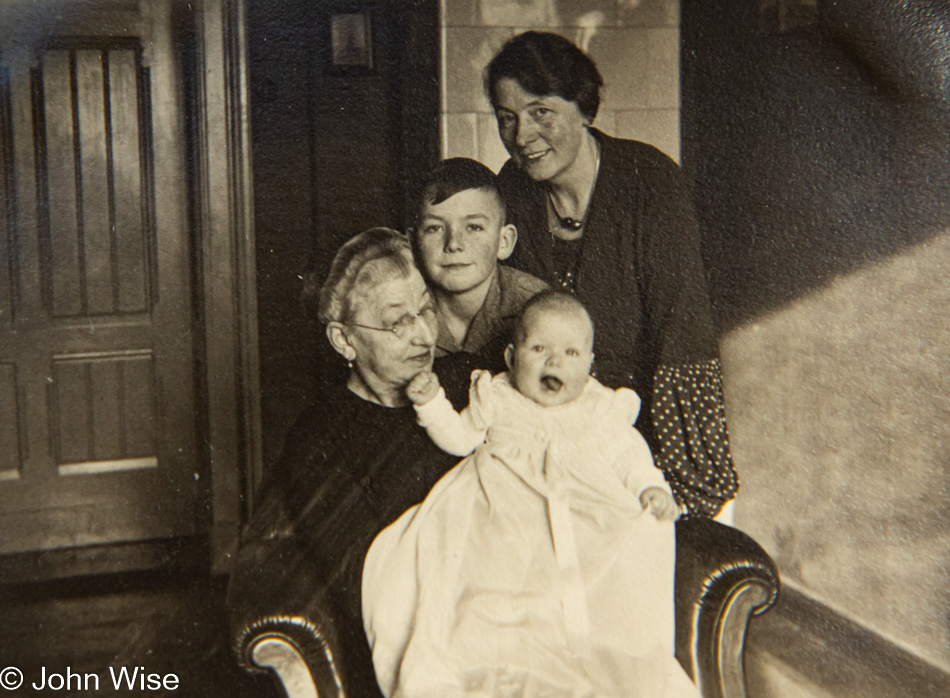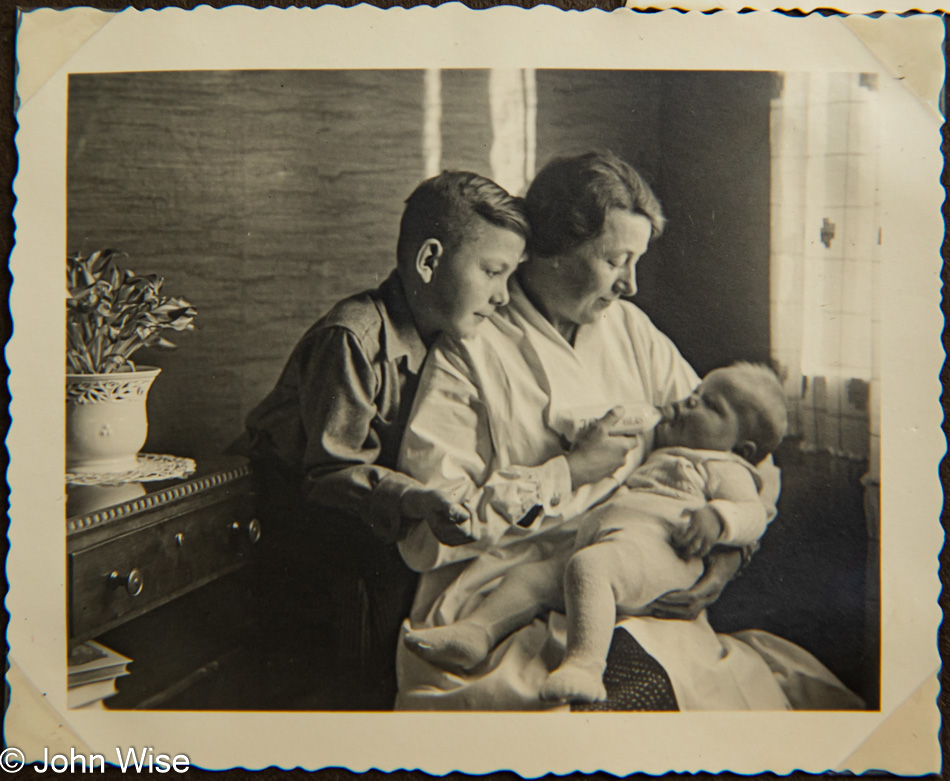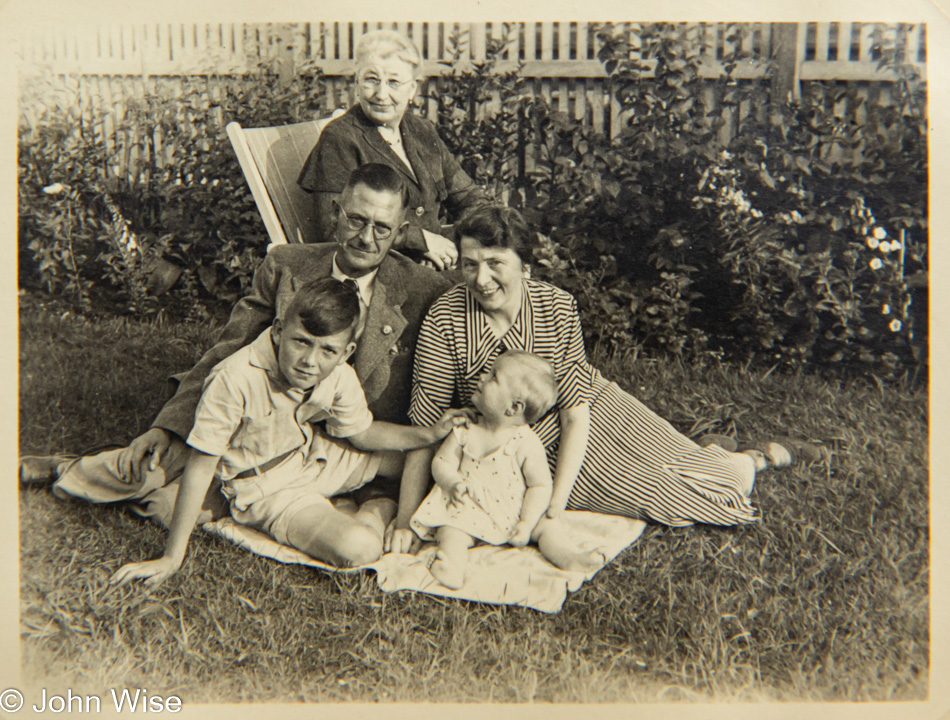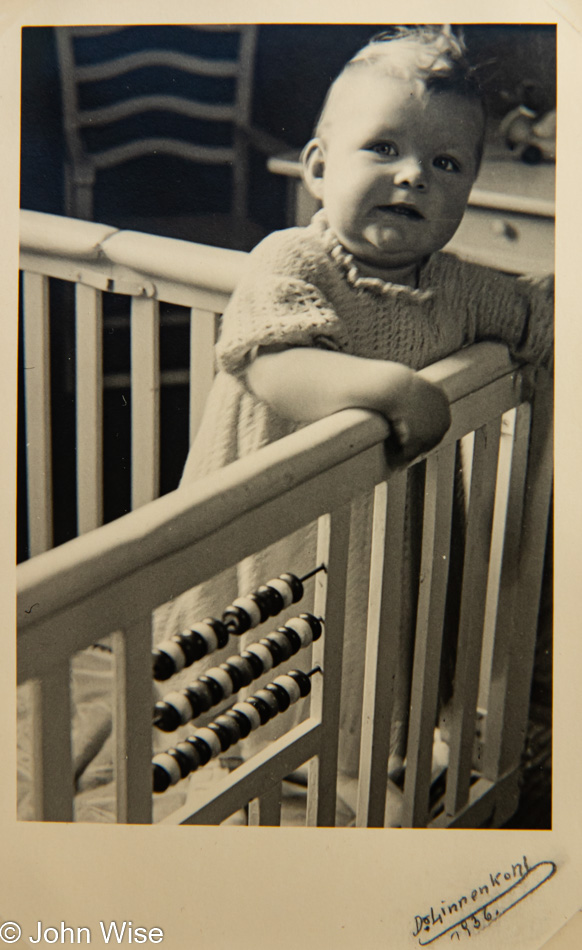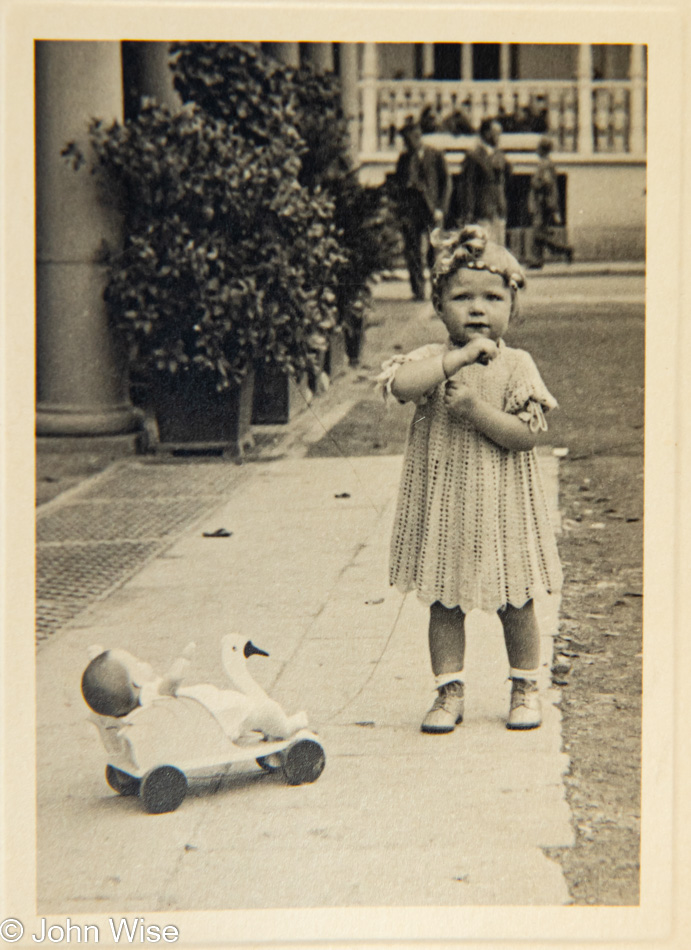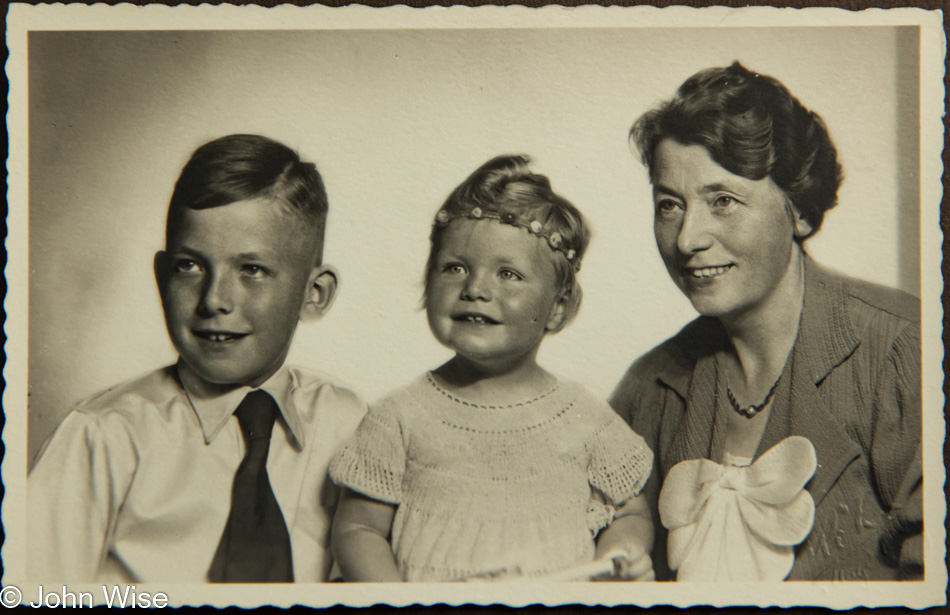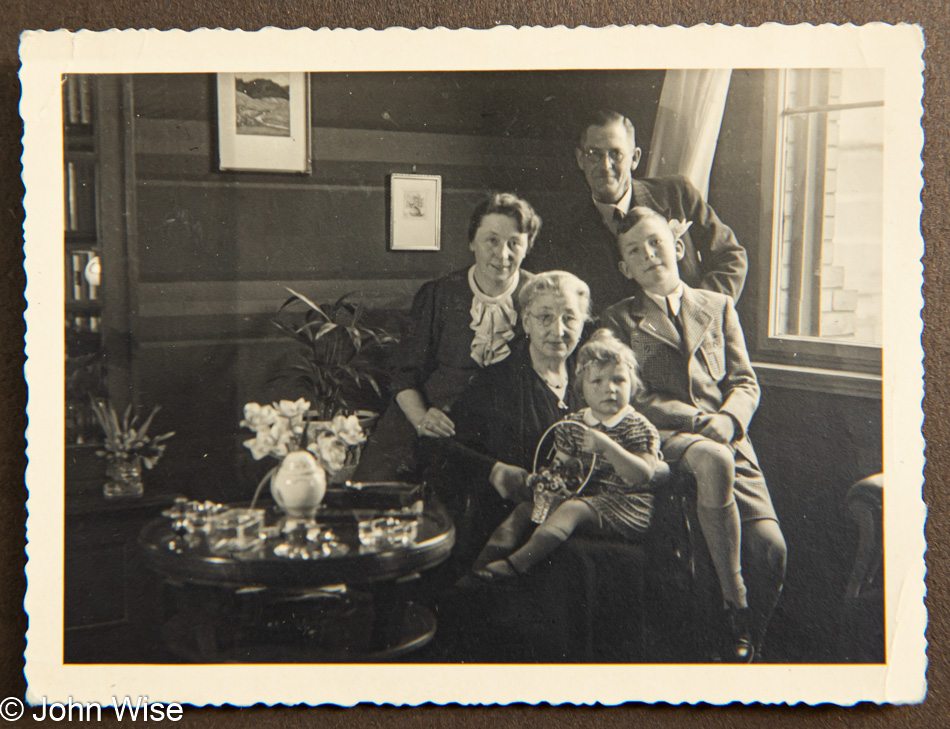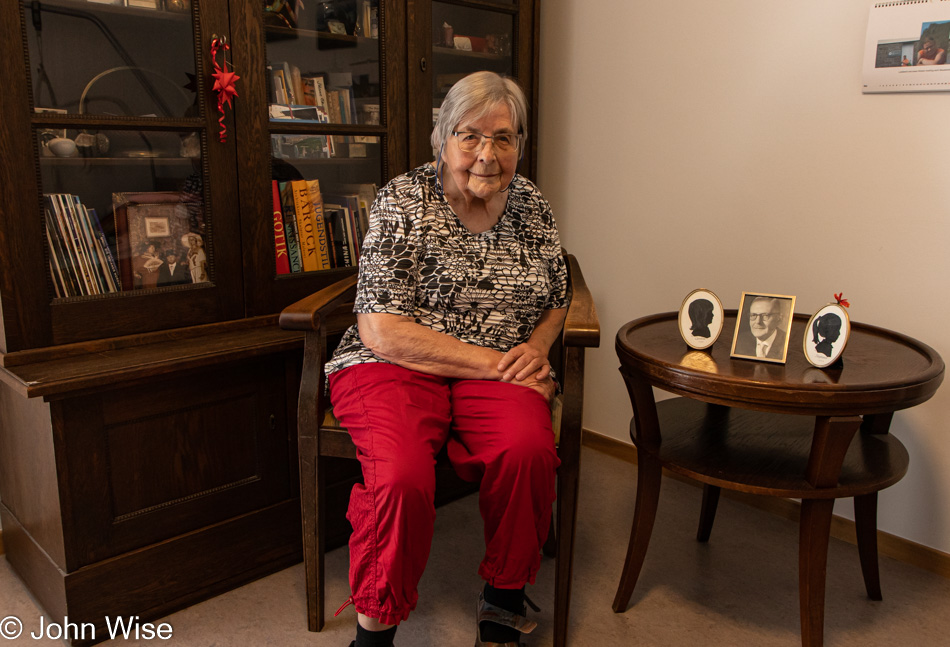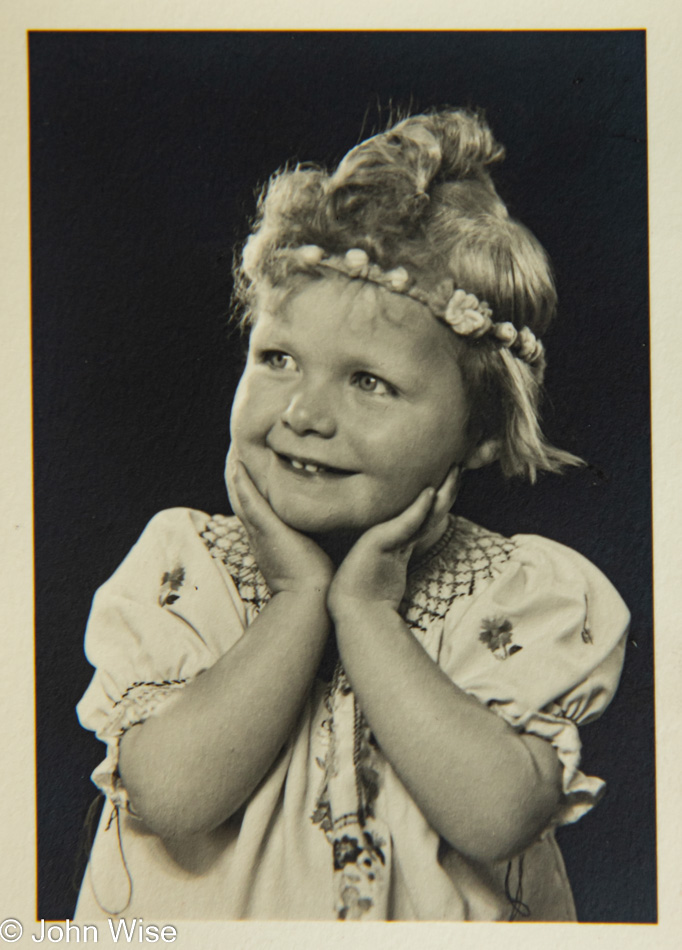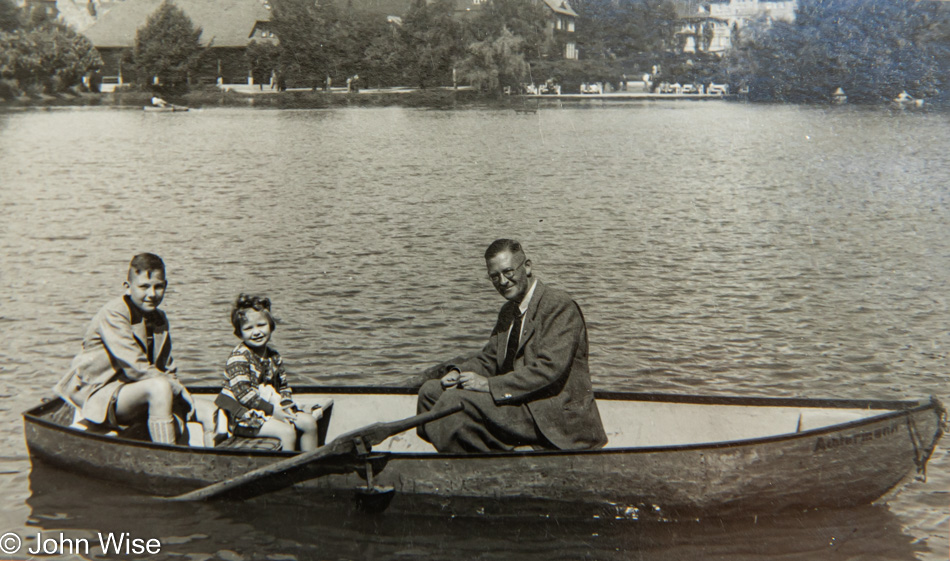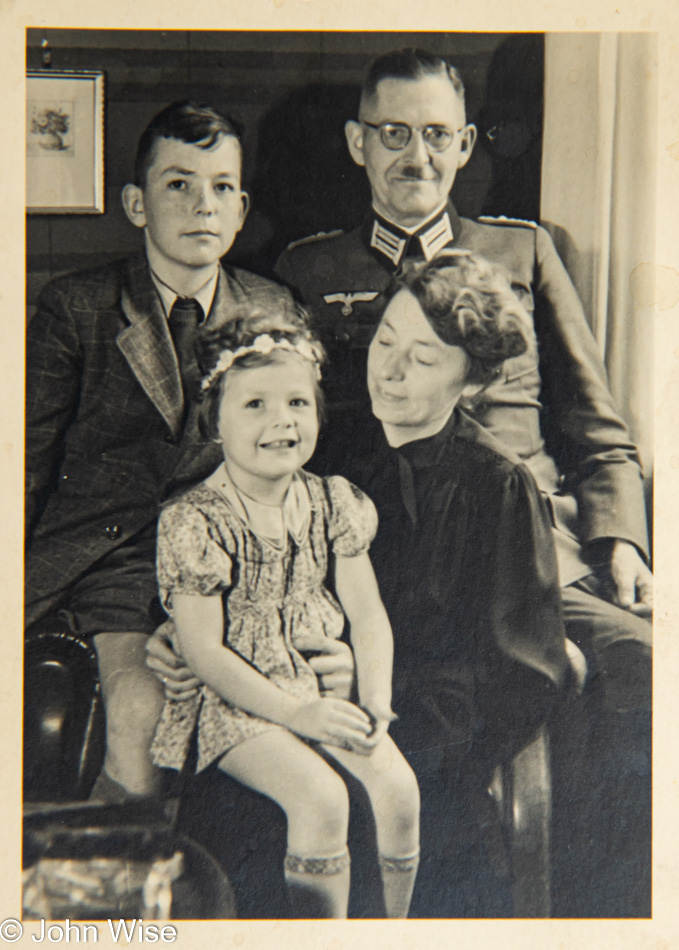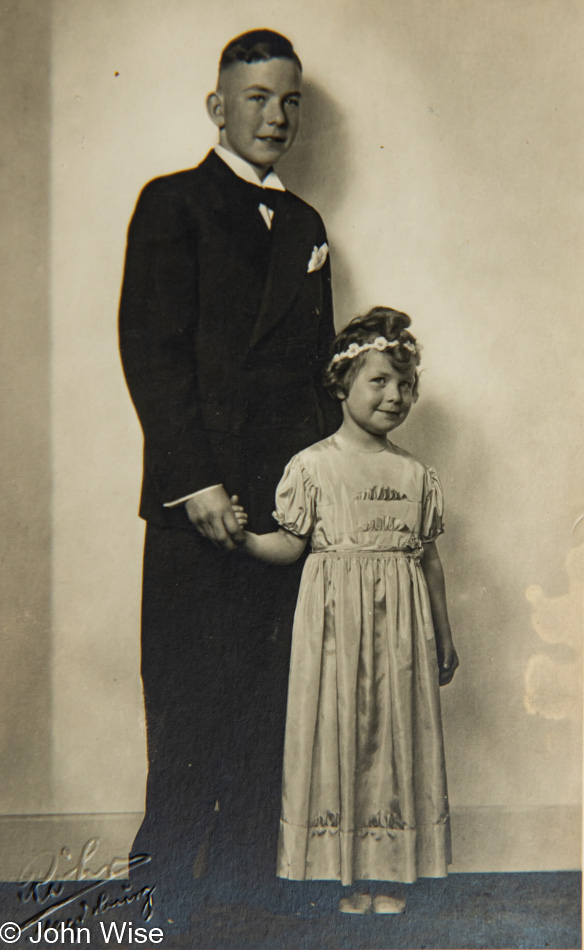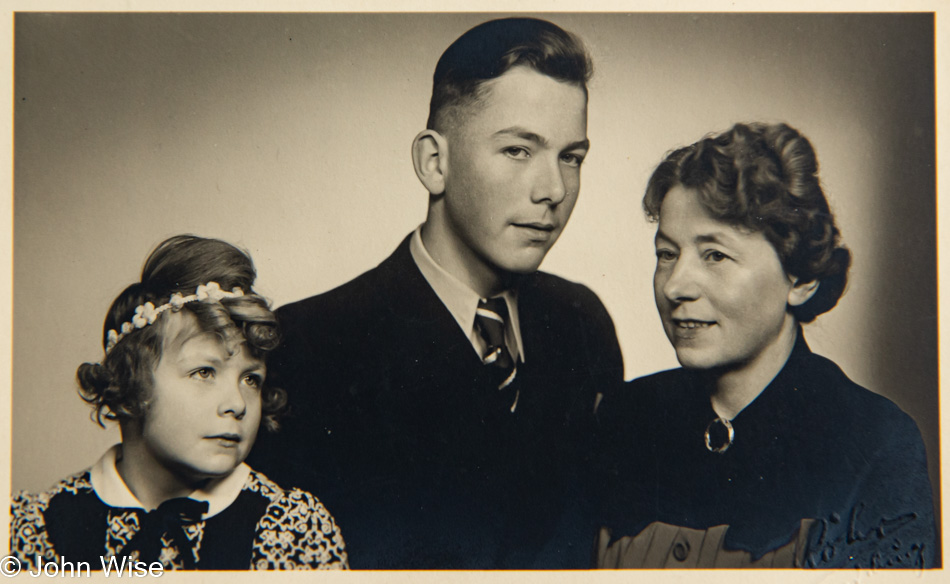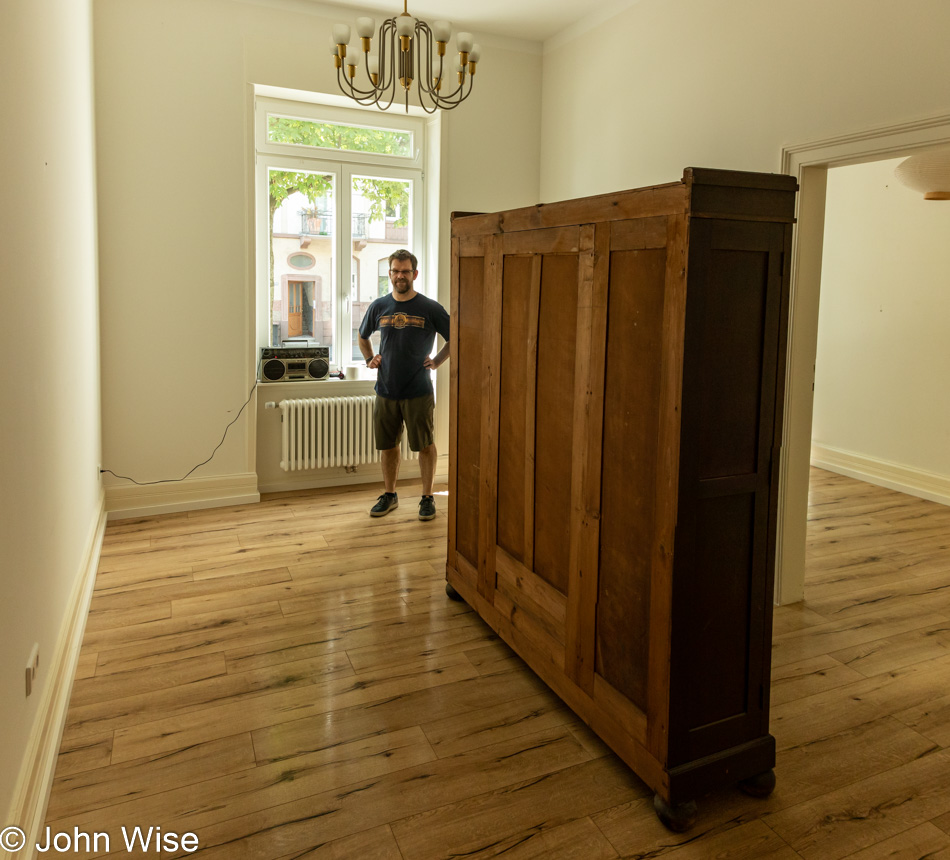
What am I doing here? I don’t mean the apartment Klaus, and I were in when I took this photo of a nearly empty space, but here in my head the next day as I’m supposed to be writing whatever it is that will be placed here. For the previous 24 days, I have, to good or bad effect, dumped whatever was in my head onto these pages. But here I am, on Thursday, and my brain is behaving like it’s Sunday. Maybe it’s not that I have “No Idea” but that I’m getting closer to needing a vacation from this gargantuan task I’ve taken on. Not to imply that my responsibilities to these things, such as emptying Jutta’s apartment or visiting her regularly, are part of the task I’m referring to; it’s the exercise of photographing and writing about those moments that course through my day so Caroline back in Arizona can share my experiences with me of which she would otherwise not have any real idea or picture.
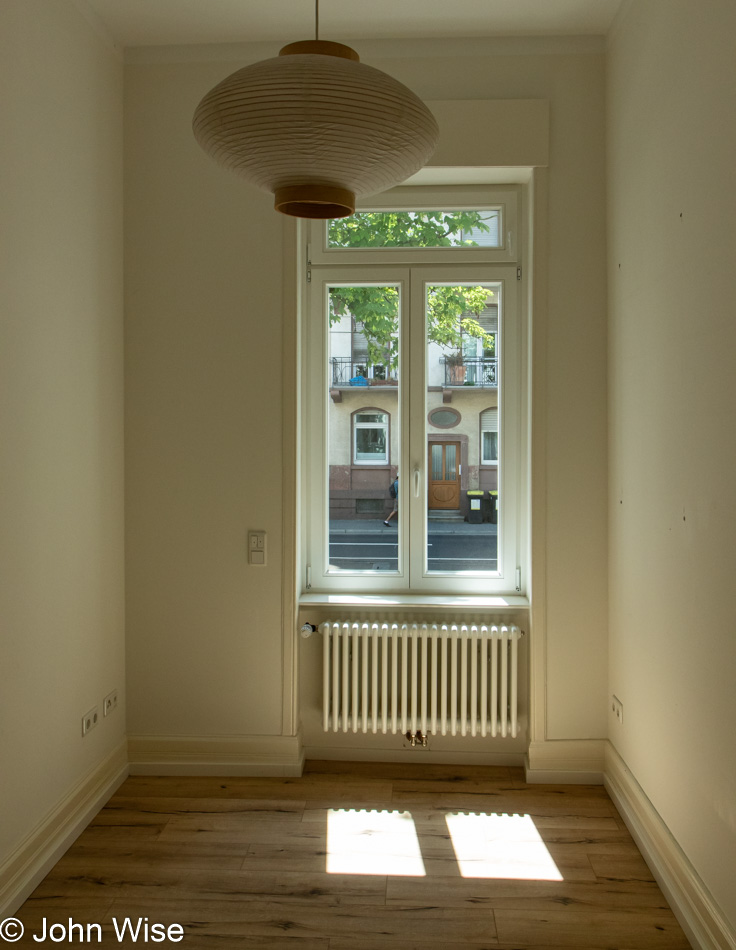
This was Jutta’s bedroom for the last years. It’s a narrow space in front of the window. Two people could stand shoulder to shoulder, so maybe the room is five people wide? The apartment is tiny, at only 50 square meters or 540 square feet.
The photo above this one is Klaus in Jutta’s living room. Maybe it’s the tall ceilings, or when a room is cluttered that it feels bigger than it is, but when it’s empty, it seems extraordinarily tiny.
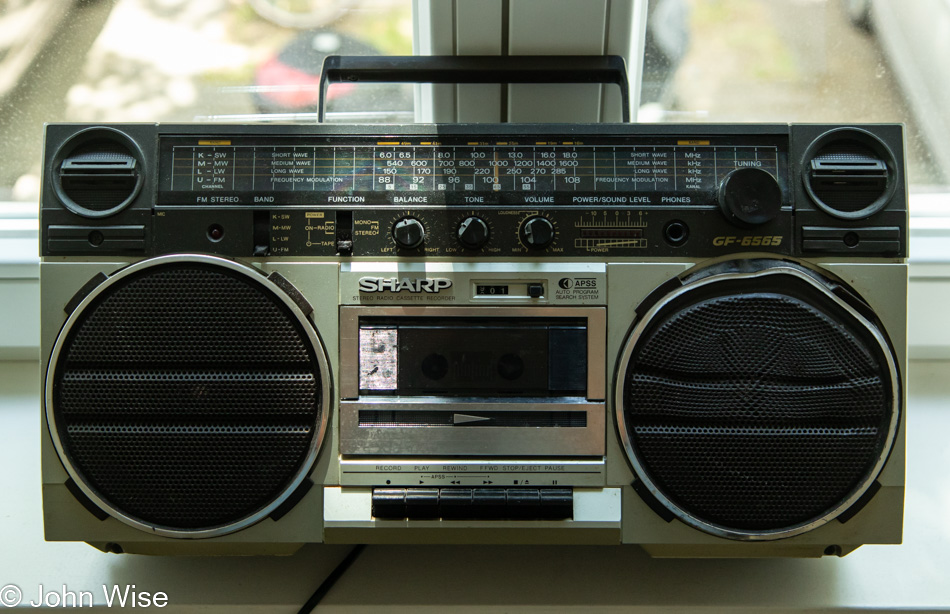
I’ve listened to the radio often while in this apartment, from cheesy old German hits from the 50s to what feels like an endless loop of The Weeknd, Dua Lipa singing We’re Good, and Kate Ryan offering some silly pop music with Désenchantée. The cassette that was in this boom box is coming to Arizona with me. I’ve not listened to it, but I can share that Stadtbücherei Borneim will never see Side 3 and 4 of Peter Härtling’s book titled Schubert again as it heads to America for being fed into something called Volkmires Inferno, more about that on another day.
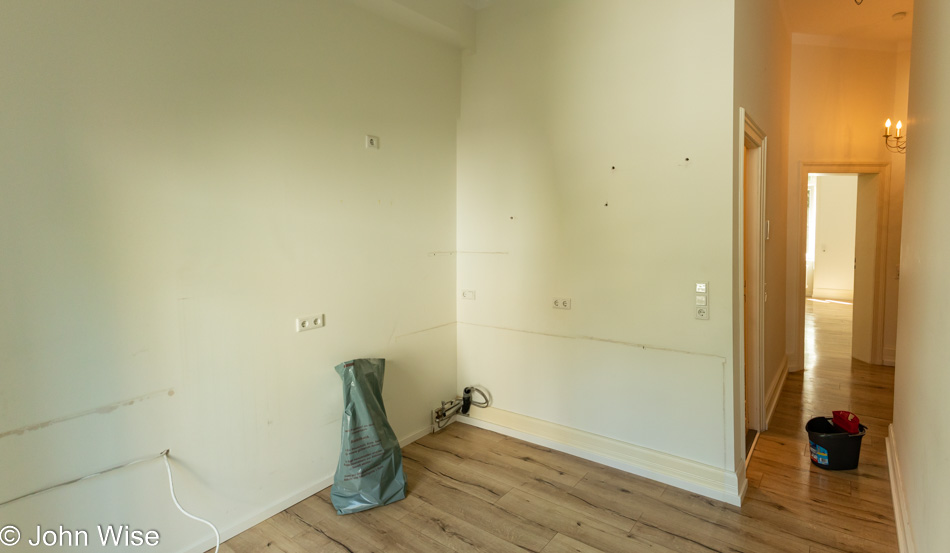
This was the kitchen. Yes, even the kitchen sink leaves when a tenant moves out. The girl who’s taking the apartment asked that we leave the light fixtures as they were headed for the trash and would save her some money on having to replace them. As for the stove, sink, and refrigerator, that’s a cost that all renters have to come up with when they move, or they take their old stuff with them. By Saturday this will all have a fresh coat of paint and look as new as can be. On the right side of the photo is the hall that leads to the living room in which Klaus is standing in the top photo, and the bedroom door is on its right side.
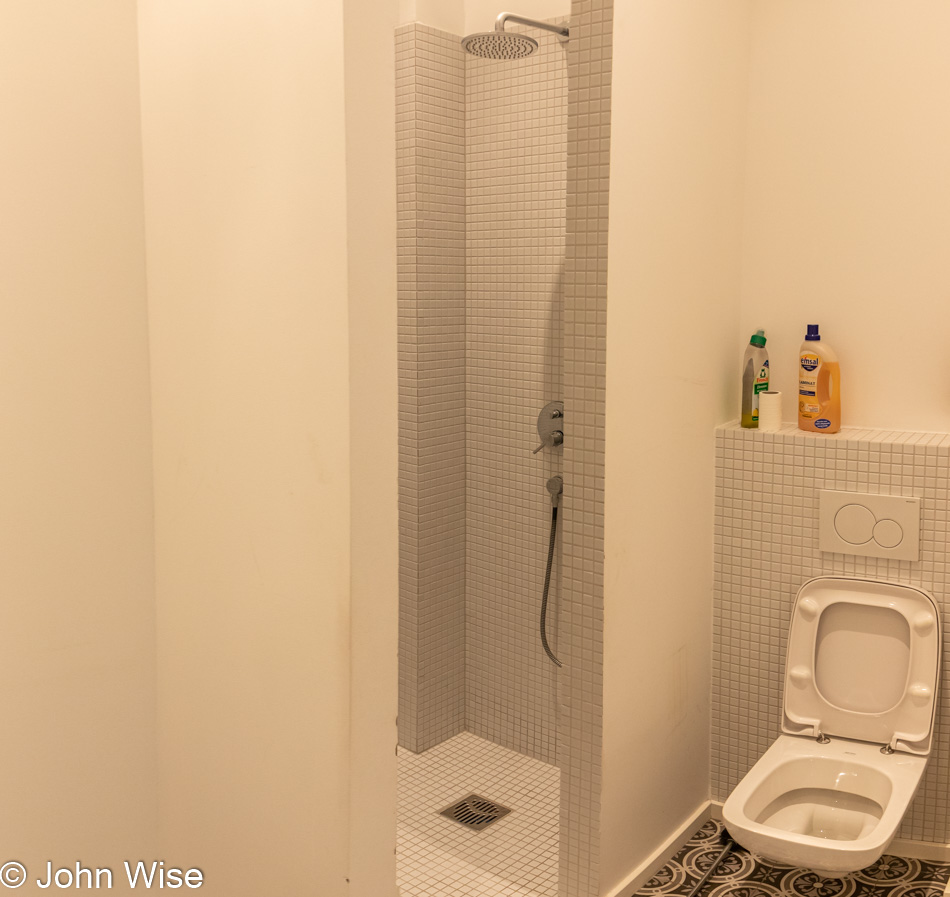
The toilet, bathroom sink, and showerhead all remain, but the medicine cabinet and any cabinets in the bathroom have to go away. I have loved this shower as compared to our American one that trickles out water without any meaningful pressure, this one has the force of the Main River behind it.
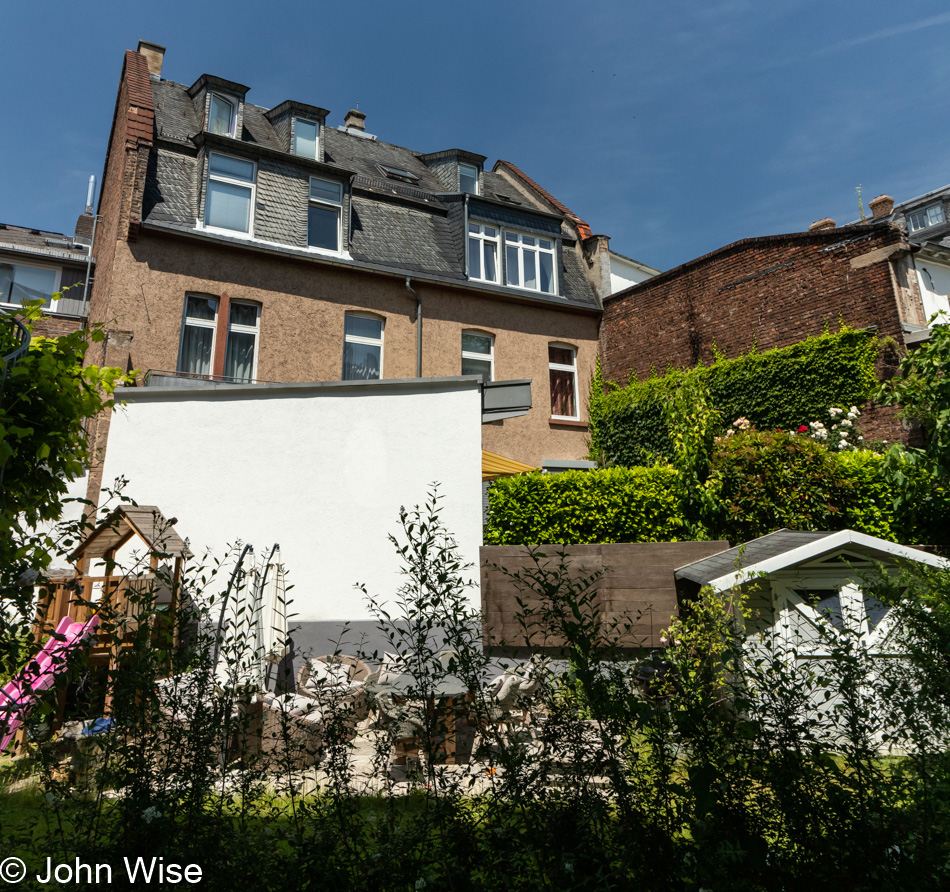
Jutta’s view from her rear window and the door that opens to a small patio. While this might look cramped to an American, this is a very nice and quiet corner in the middle of the city.
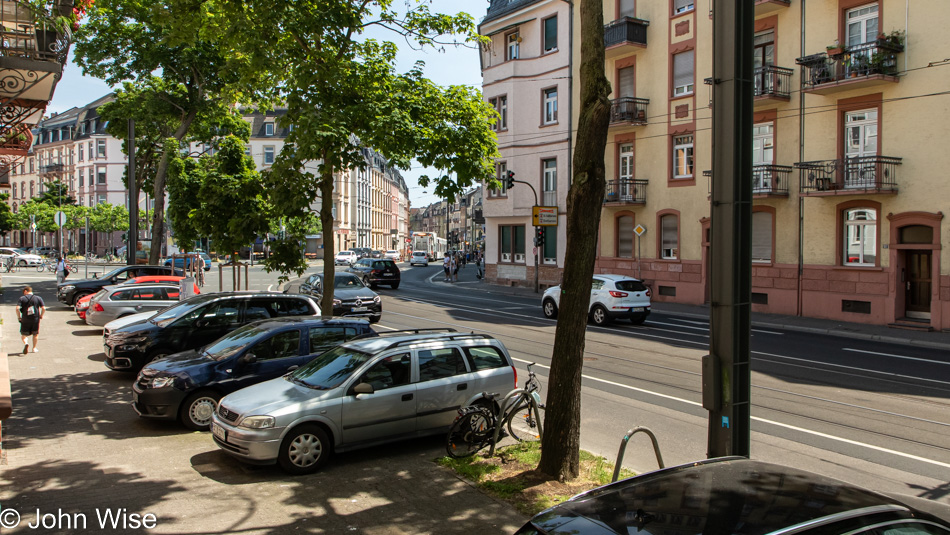
View from the front window in the living room looking towards Bergerstrasse in the distance on the right. Maybe you notice how high the windows are? This stops people from easily looking in.
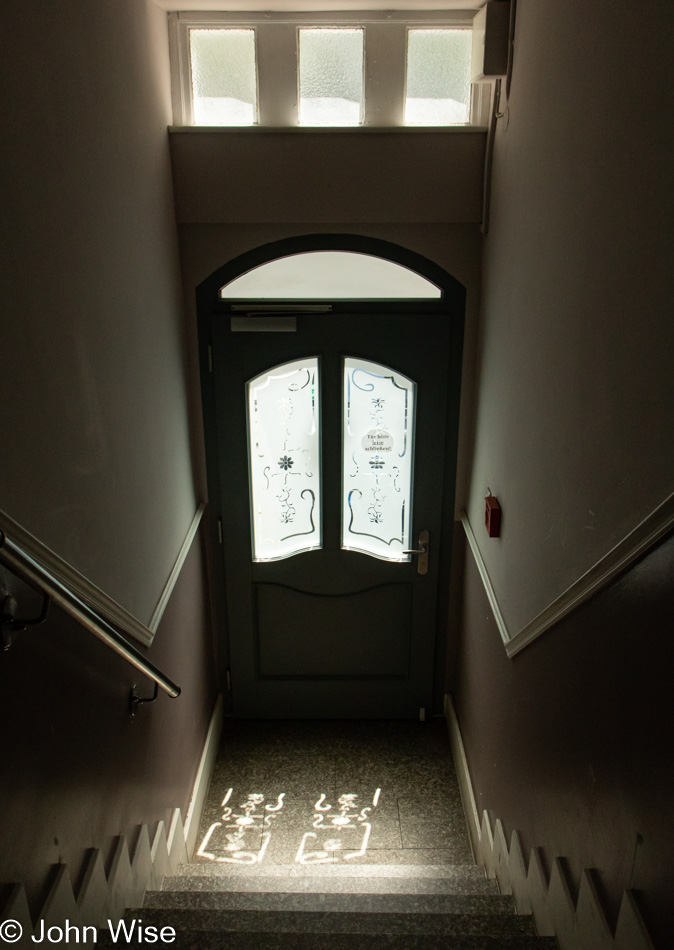
The front doors to flats are often inside in this configuration, where all tenants enter through a common door and head upstairs. Bells at the side of the door are used for buzzing individual tenants. If you are looking for elevators or handicap accessible lodging, that might be difficult to nearly impossible. Regarding rents, Jutta’s apartment costs about 950 Euro or $1,130 a month, which, with the change of tenant, is going up 2 € per square meter, bringing the rent to 1050 € or $1,250 per month.
Compare these prices with ours in Phoenix, Arizona, where we rent 865 square feet (80 square meters) for $988 or 829 Euros per month; the same space in Frankfurt, Germany, would cost roughly $2,000 per month. Maybe you’d just like to buy the apartment instead of renting it? Our family was offered the option to buy it at a cost of 7,000 Euros per square meter or about $350,000 for a 540-square-foot apartment.
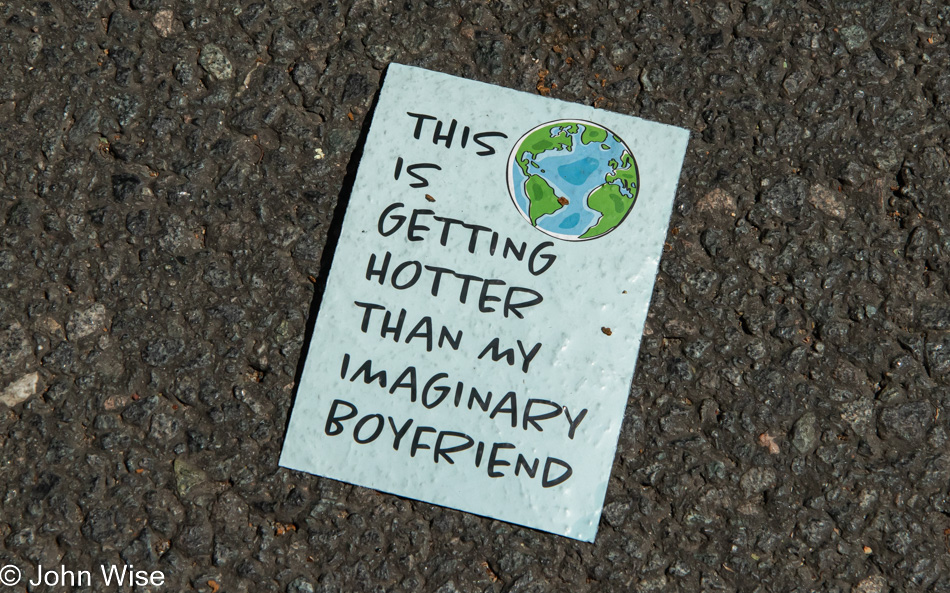
My own personal reset is happening today. Four short hours of sleep, a few remaining details at Jutta’s apartment that need tending to, lunch with Klaus, a visit with Jutta, and then make my way back to Heddernheim.
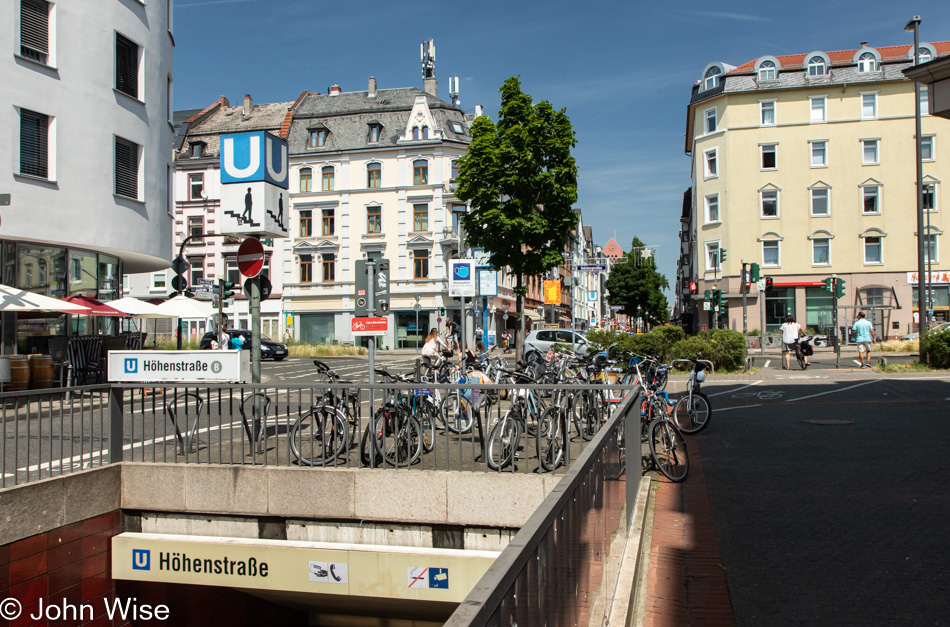
I’m tired enough to want to take the train, but after walking only about 2 miles today, I have at least another 3 miles I need to get in, so I’m walking some more. The next stop on this train line is Merianplatz.
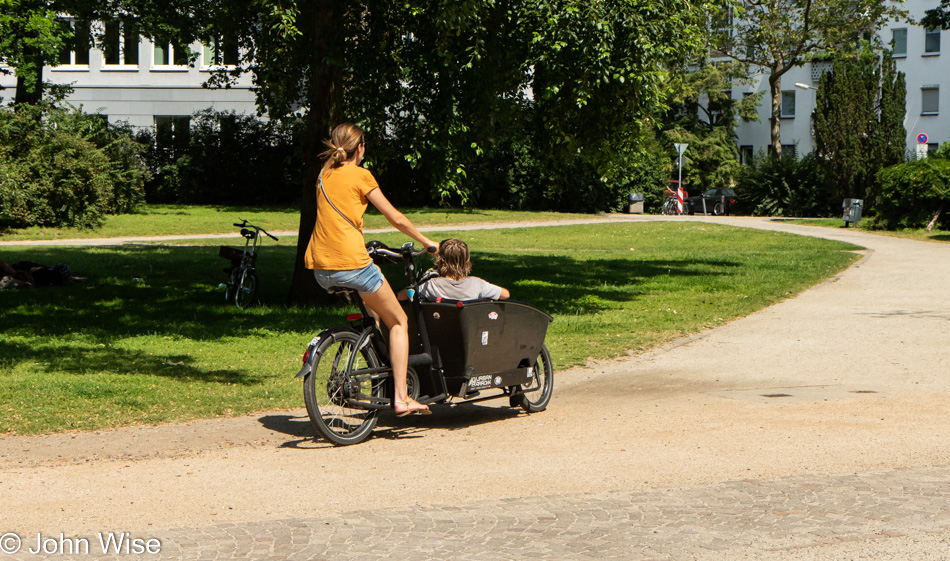
After walking to the end of Bergerstrasse, I walk across a small park area that brings me out near Konstablertwache. Before I went there, I needed a break in the shade, and while I sat on an old wall watching others moving through the park, too, I spotted another one of these cargo bikes I’m in love with. I swear that if we move back to Europe, we’ll shoulder the expense and own one of these with electric assist so that in the nice weather months, we can go shopping with a cargo container to carry our groceries home or even carry Caroline upfront, offering me map directions to where we’re going.
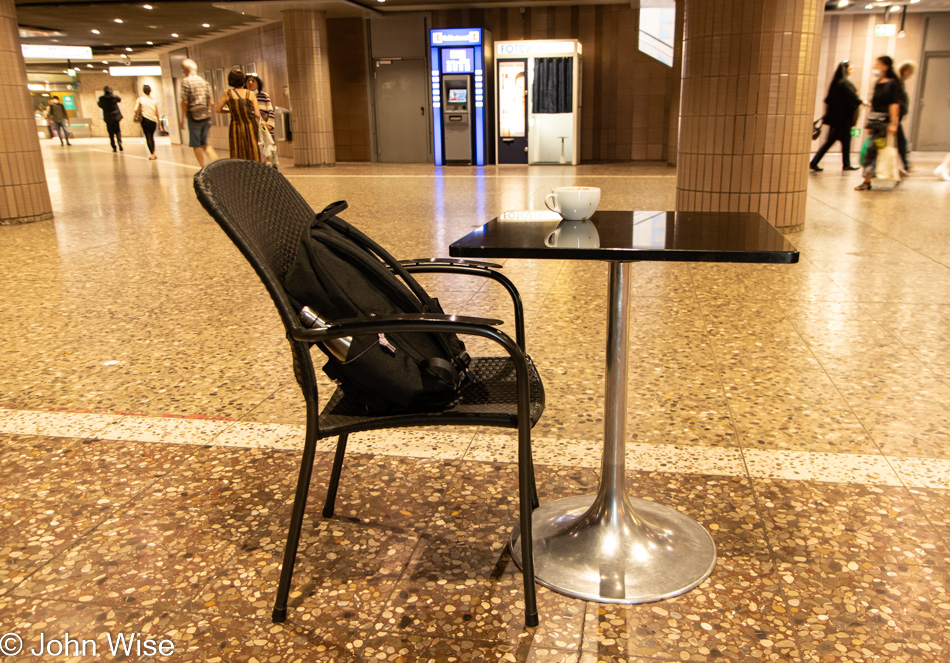
It’s already 3:30 and 35c (95 degrees) when, after the slowest walk ever over Bergerstrasse to Konstablerwache and Zeil, I sit down for the third coffee of the day. I’m yawning so much that it’s hard to focus on my screen. This is amplified by sitting at the underground shopping level that leads to the various trains further below that come through Konstablerwache. People-watching is an incredible distraction that’s actually going to lull me to sleep due to the cacophony of voices that are filling the cavernous area down here creating a soothing soundscape to my senses that are hinting at fatigue.
I wasn’t interested in making good time over to Jutta’s on such a hot and very humid afternoon, so sitting here at the U-Bahn seemed like a good way to spend a few minutes while Jutta is at her own 3:00 coffee and cake afternoon break. Had I shown up earlier, there’s a good chance I would have woke her from her nap. Ha, and here I am, needing a nap of my own.
It’s no exaggeration that I have “No Idea” of what today is about. With my primary task of being in Europe complete, I feel like I can veg, but on the other hand, I feel like I’m wasting valuable time when I could be doing something important instead of just sitting here mesmerized in a head whose eyes are getting more and more difficult to keep open.
And then the coffee starts to kick in but so does my interest in watching such a diverse crowd of people from all socio-economic, ethnic, and age groups walk, jog, and drag themselves past me. Shit, now my imagination gets the best of me, and I start eyeballing the bag sitting in the chair next to me. The guy who’d been there said something to the server, and then he walked away. He’s been gone about five minutes without a backpack that could have any manner of something in it. In America, I think someone would have snatched it by now, but I’m in Europe, and every so often, maybe not as frequently as in the past, someone tries making a political statement by using a bomb to grab attention. Could this abandoned backpack contain my imminent demise? After he’d been gone, maybe 7 or 8 minutes, he returned carrying three bags of fruits and veggies he picked up at the stand further behind me. Note to Caroline: you know which seller I’m talking about, the one that’s in front of the escalator that exits across from McDonald’s and Starbucks.
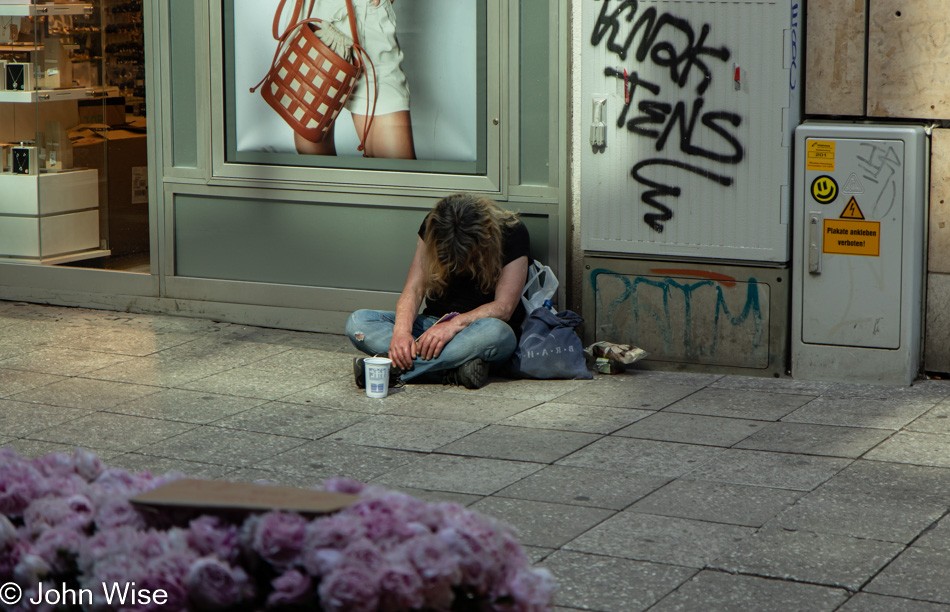
It’s 4:00, and I’m comfortably awake with my paranoia in check. The stream of people never slows, though it pulsates as waves of trains arrive below me, and other people are flowing into the underground to get to their next destination. I suppose I need to pulsate my ass out of this chair and get over to Jutta before her dinner hour over at Zauberberg. Herr Ober, zahlen bitte.
With my coffee paid, I could go back to the sweltering streets under the sun, or maybe I should have hooked up with the woman nodding on the street too high on heroin or fentanyl for a fix so the oppression of the weather just wouldn’t matter and I could join the other junkies of Frankfurt who are oblivious to the changes of their environment.
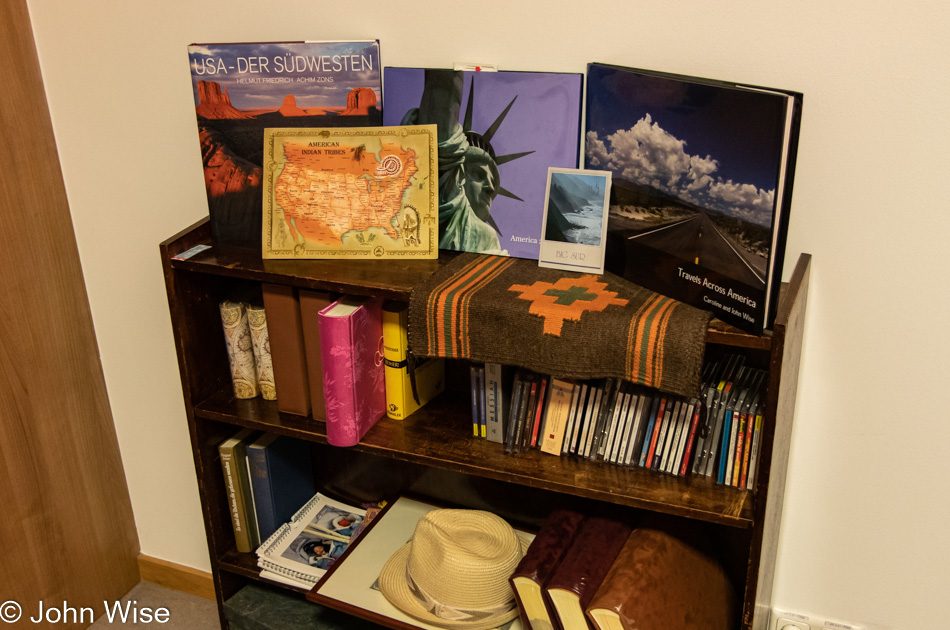
Minutes after walking away from the woman who can’t even find consciousness, I arrive at Lebenshaus for a visit to the greatest mother-in-law I’ve ever known (okay, so the only one I’ve known who’s also related to me). Talking is a large part of our routine, and without wasting a second, we start gabbing. I’m able to share with her why I had so little sleep; her other daughter Stephanie and I had a seriously meaningful talk into the wee hours of the night. At 6:00, it was dinner time here at Magic Mountain, and after escorting Her Highness to her dinner date.
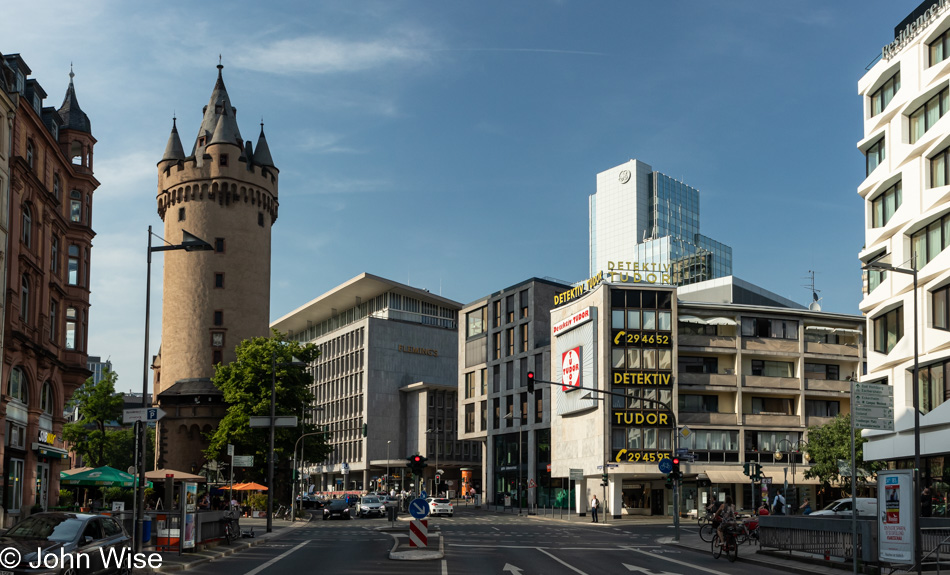
I left Jutta and started a walk to Heddernheim; how long can it take? The walkover was nice, although it was fairly hot, even at only 95f. We desert dwellers, accustomed to low humidity, seem to take a long time to acclimatize to these wet air conditions that keep me in a perpetual state of sweat. I never realized how little there is to eat along Eschersheimer Landstrasse, although I’ve walked this street before; that was some years ago on my first challenge to walk across Frankfurt, which then, in my imagination, was a big city. It is not.
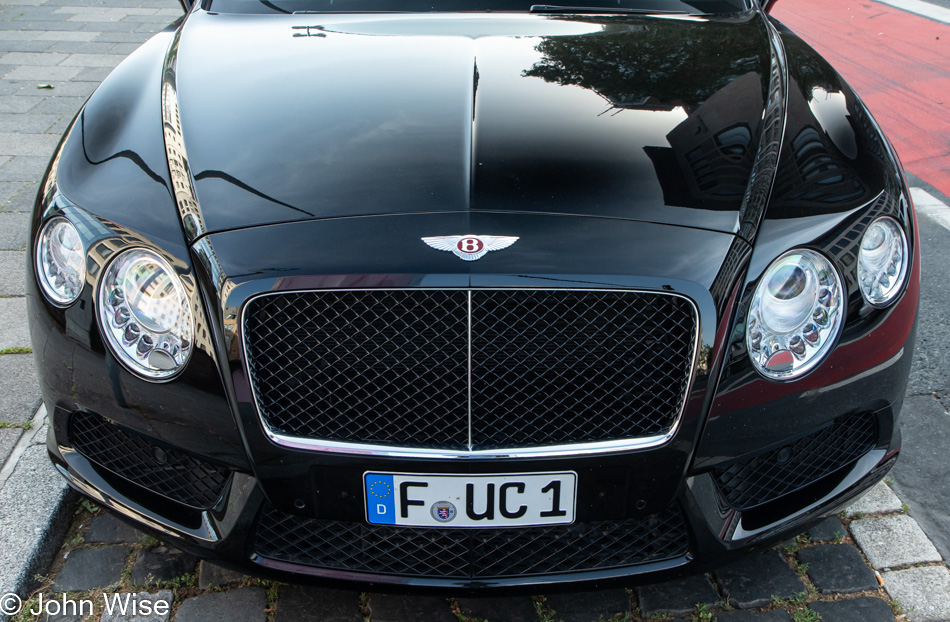
I’m pretty sure that if three letters were allowed after the first letter that identifies the city a car is registered in, the owner of this Bentley would have certainly added the K to his plate.
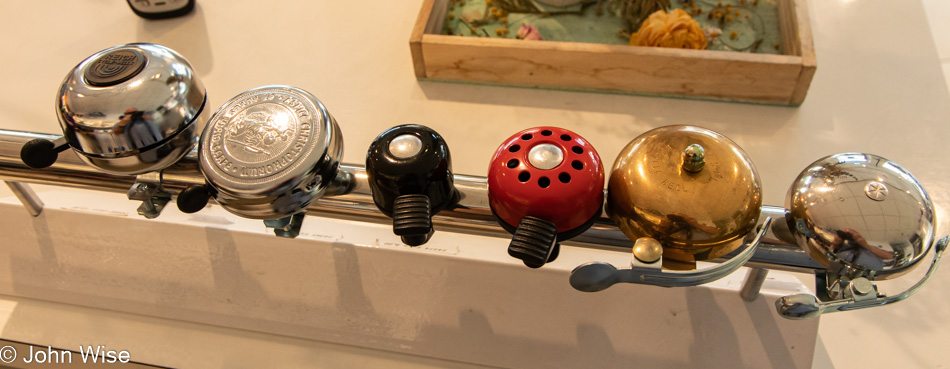
On my way up Escherheimer Landstrasse, I stopped at a bike shop that was open late, till 7:00 p.m. and bought a new bicycle bell (Klingel) for my desk because one never knows when surfing the web you’ll have to warn others that you are about to pass them.
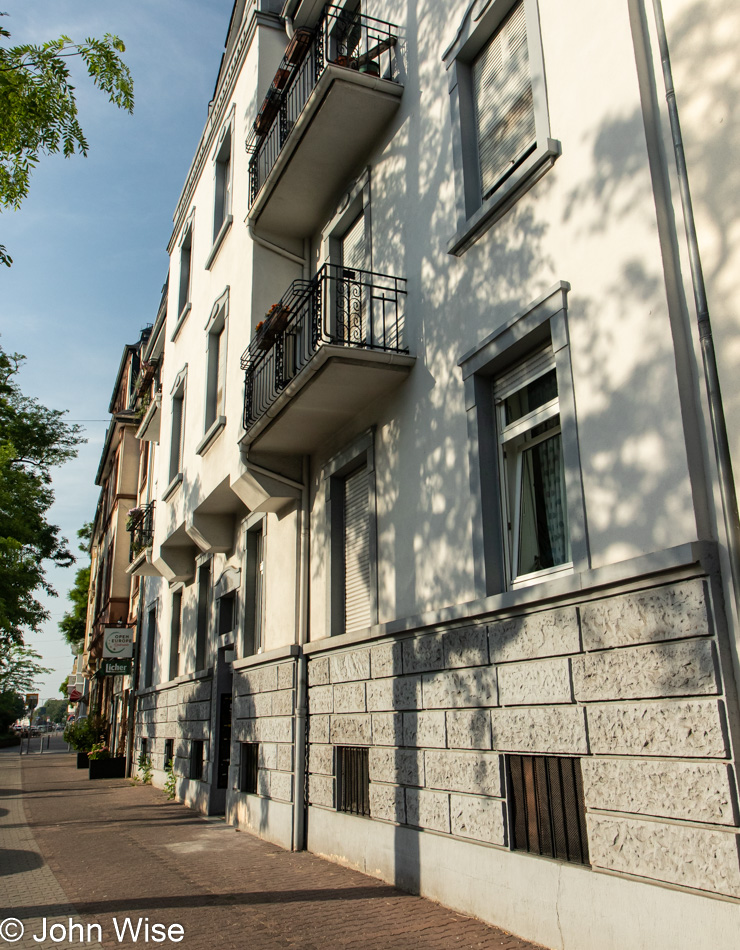
It was right near here that I was also passing Eschersheimer Landstrasse 140, where Caroline and Stepanie spent the majority of their childhood. The front door was open so I had to go in and photograph the entry to their flat.
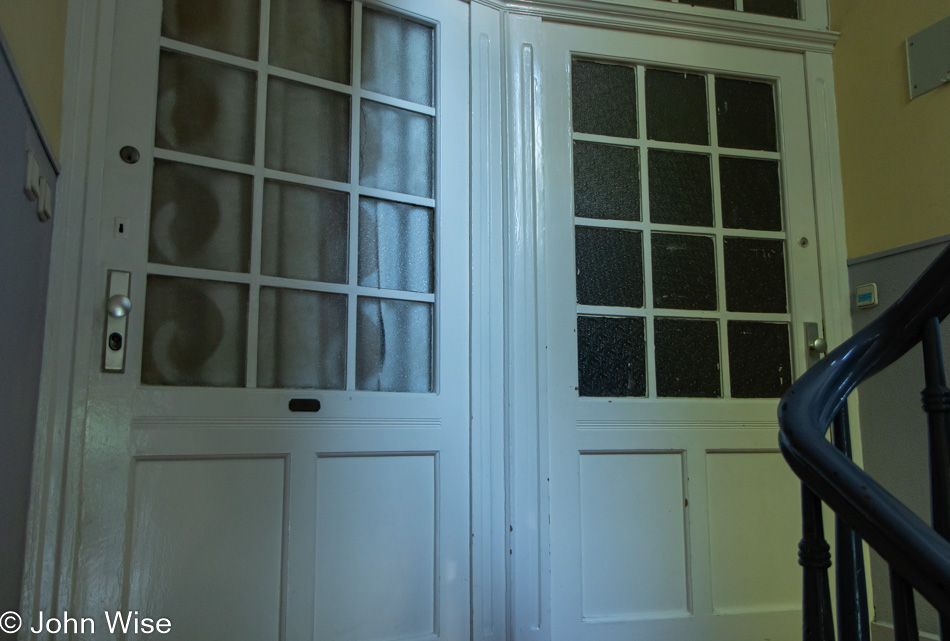
The doors have not changed since the Engelhardts lived here. Their flat was the door on the right, and Caroline’s room was to the left after you entered. The blue banisters are certainly recent, but the red stairs ring a bell.
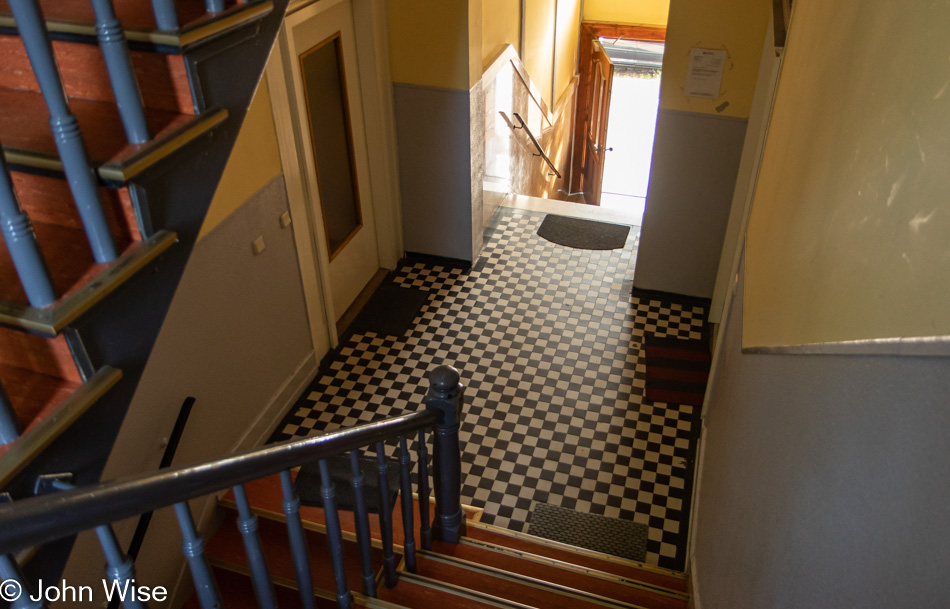
Here I am, guilty of stoking the fires of nostalgia by walking in places that can only trigger memories of times long ago.
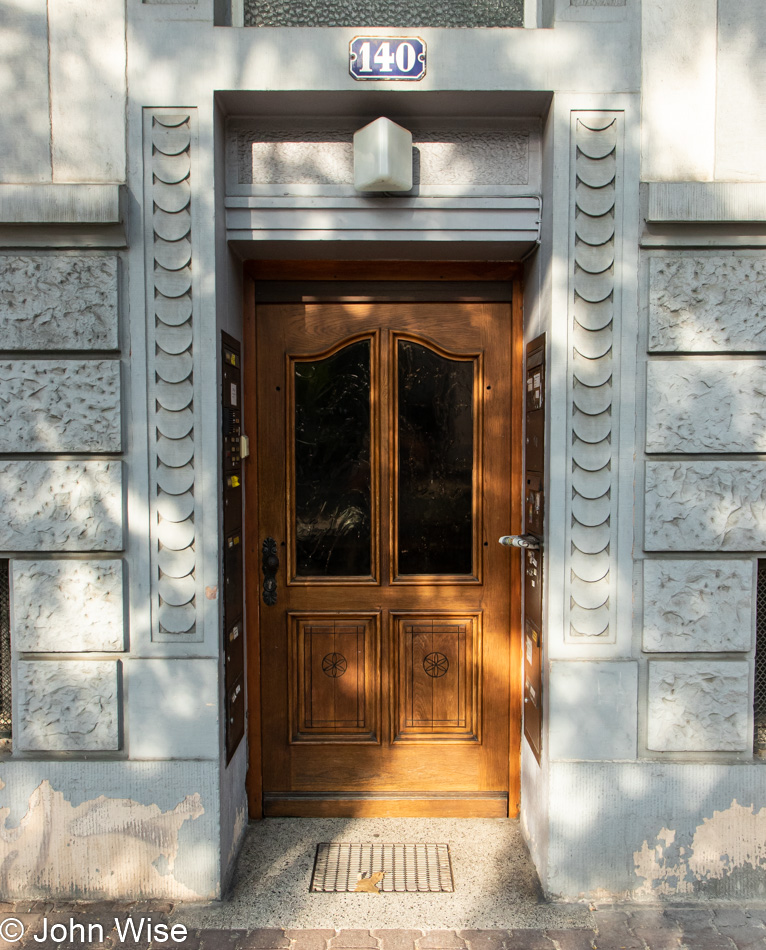
The front door is no longer the same. We change, the landscape changes, and on occasion, the architecture changes too.
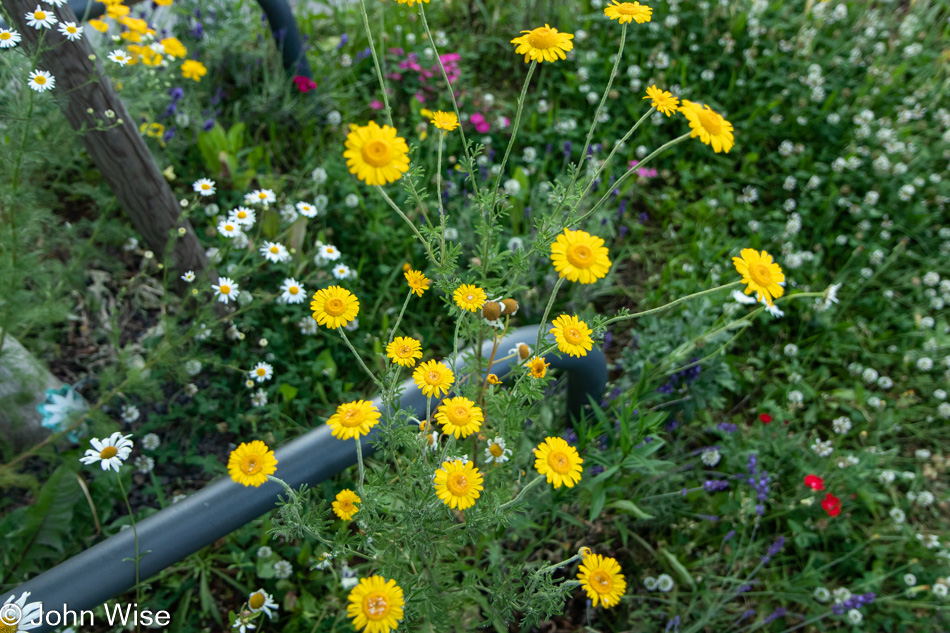
Passing the Polizeipräsidium where the U.S. Army shopping area known as the PX used to be, I couldn’t help but think about the recent story that 95 local policemen will be terminated for their participation in an extreme right-wing group.
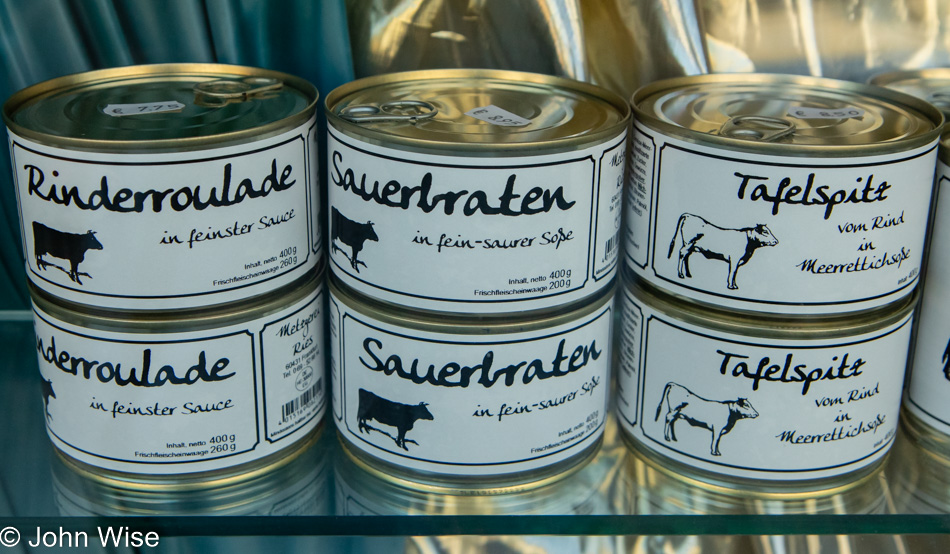
Oh, there were times that I considered jumping on the train I was walking next to, but I kept thinking that it could only be another stop or two before Heddernheim when I could get some dinner at Speisekammer. Certain they were open, I never checked their hours, but when I asked for directions to their location, I was informed they were closed. Fortunately, there were options, not a lot, but at least one other reasonable choice besides pizza, döner, or these canned meats that, while my eyebrows might rise at trying them, I have to admit that I am curious about sending some back to Arizona.
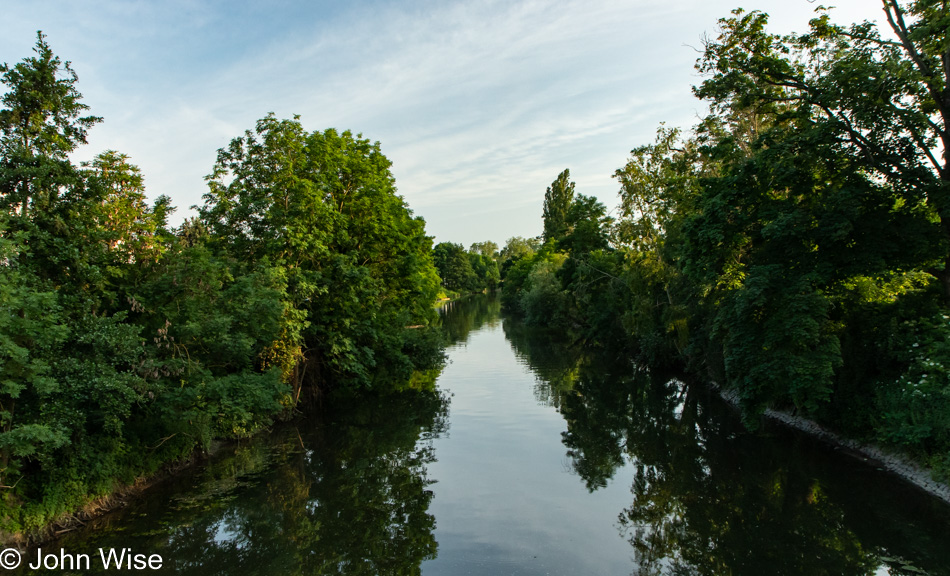
Oh, here I am, crossing the Nidda River, which means I’m close to getting dinner finally.
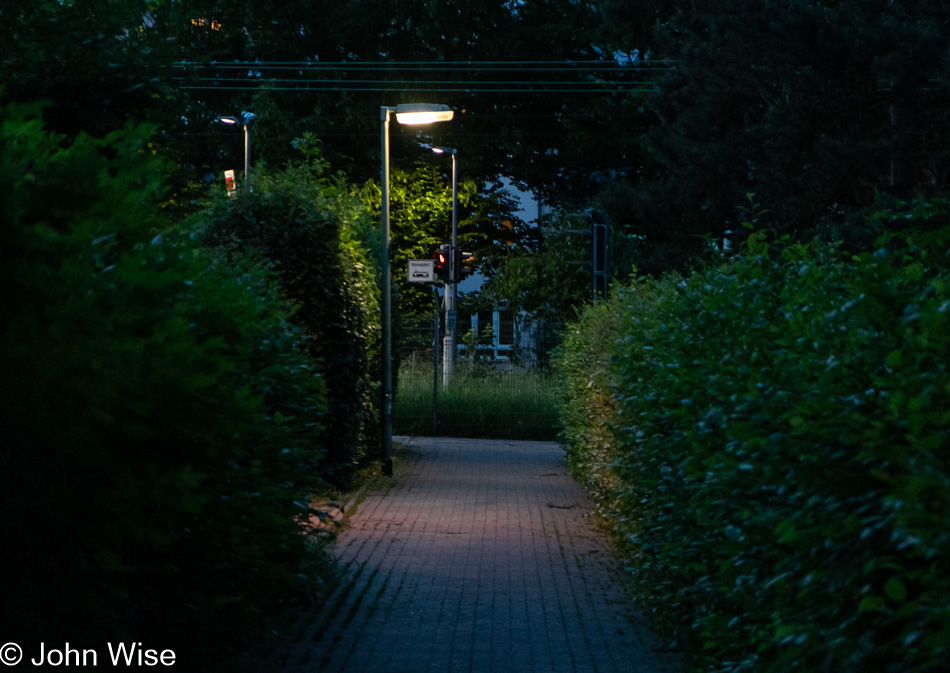
A bit more than two hours is what it took. I’m at 16km (10 miles) when I arrive at Momberger Restaurant. I’m sitting with an old man who criticizes the way I set down my camera and then fanning myself to cool off. He informs me how futile it is and that I should shave off my beard to cool off my face. Okay, Karen Hitler, how about you shove your cranky attitude up yer Po? To be honest, I’m afraid I’m going to be exactly this guy someday.
